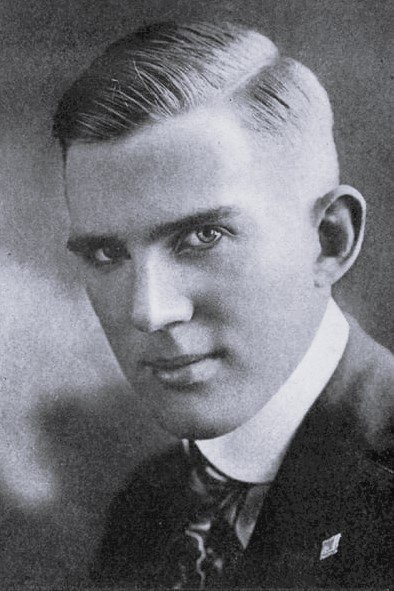
Frank D. Williams
Frank D. Williams (March 21, 1893 – October 15, 1961) was a pioneering cinematographer who was active in the early days of the motion picture industry. He developed and patented the traveling matte shot. Frank D. Williams was born March 21, 1893, as Frank Douglas Williams, to James and Lucinda Williams in the small community of Nashville, Missouri. In 1912, Williams became a cameraman at Keystone Studios. There, in 1914, he was the photographer for many of Charlie Chaplin's first-year pictures, including Kid Auto Races at Venice which was the first film released in which The Tramp appeared. Williams is credited as appearing in Kid Auto Races at Venice, playing a cameraman, but his appearance is in doubt. For a time he was chief cinematographer at Keystone, and a large number of the studio's 1914 films are credited to him as photographer. He defected to work for the short-lived Sterling Motion Pictures, but returned to Keystone when Sterling closed in 1915. He also worked a camera for Henry Lehrman's L-Ko Kompany, Reliance-Majestic Studios, and Bluebird Photoplays. When Roscoe Arbuckle formed a new motion picture company, Comique, in 1917, he hired Williams to be his cameraman. At Comique, Williams also shot Buster Keaton's first film appearance, The Butcher Boy (1917). His tenure there was also short; he shot three films for Arbuckle (Butcher Boy, A Reckless Romeo, and The Rough House) before departing to start his own lab. His business did not get off the ground quickly, and he supplemented his income by continuing to work as a cameraman. He was director of photography at Sessue Hayakawa's Haworth Pictures Corporation and is credited with 15 pictures that came out of that studio between 1919 and 1921. While he was working as a cameraman at various studios, Williams worked on his idea for a traveling matte in which the actions of actors would be combined with a filmed moving background. Available technology prevented him from achieving the effect he envisioned until he built a printer himself to his own specification. He filed for a patent in May 1916, and it was granted in July 1918. The process was first used in a motion picture in 1922's Wild Honey. From Wikipedia, the free encyclopedia

His New Profession
(Director of Photography)
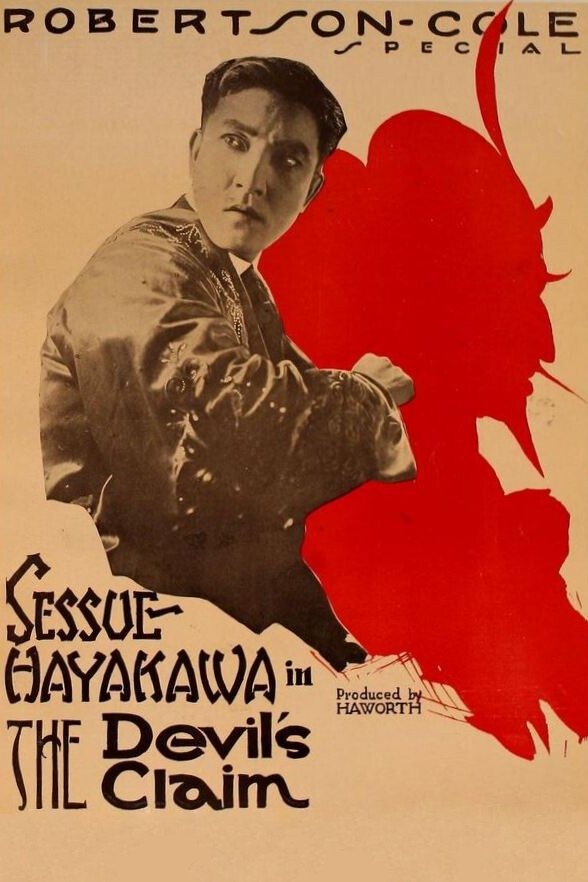
The Devil's Claim
(Director of Photography)

King Kong
(Special Effects Technician)
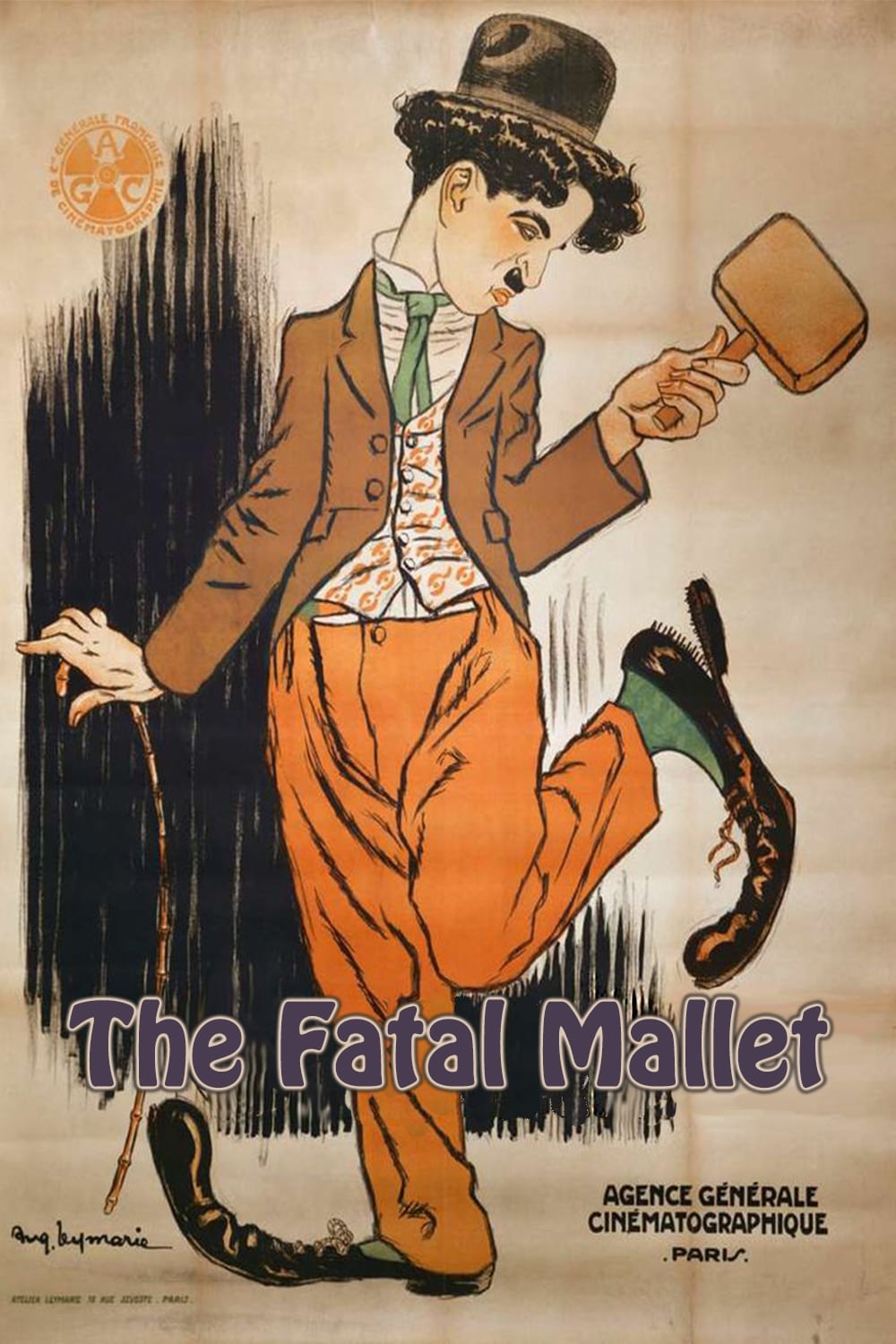
The Fatal Mallet
(Cinematography)
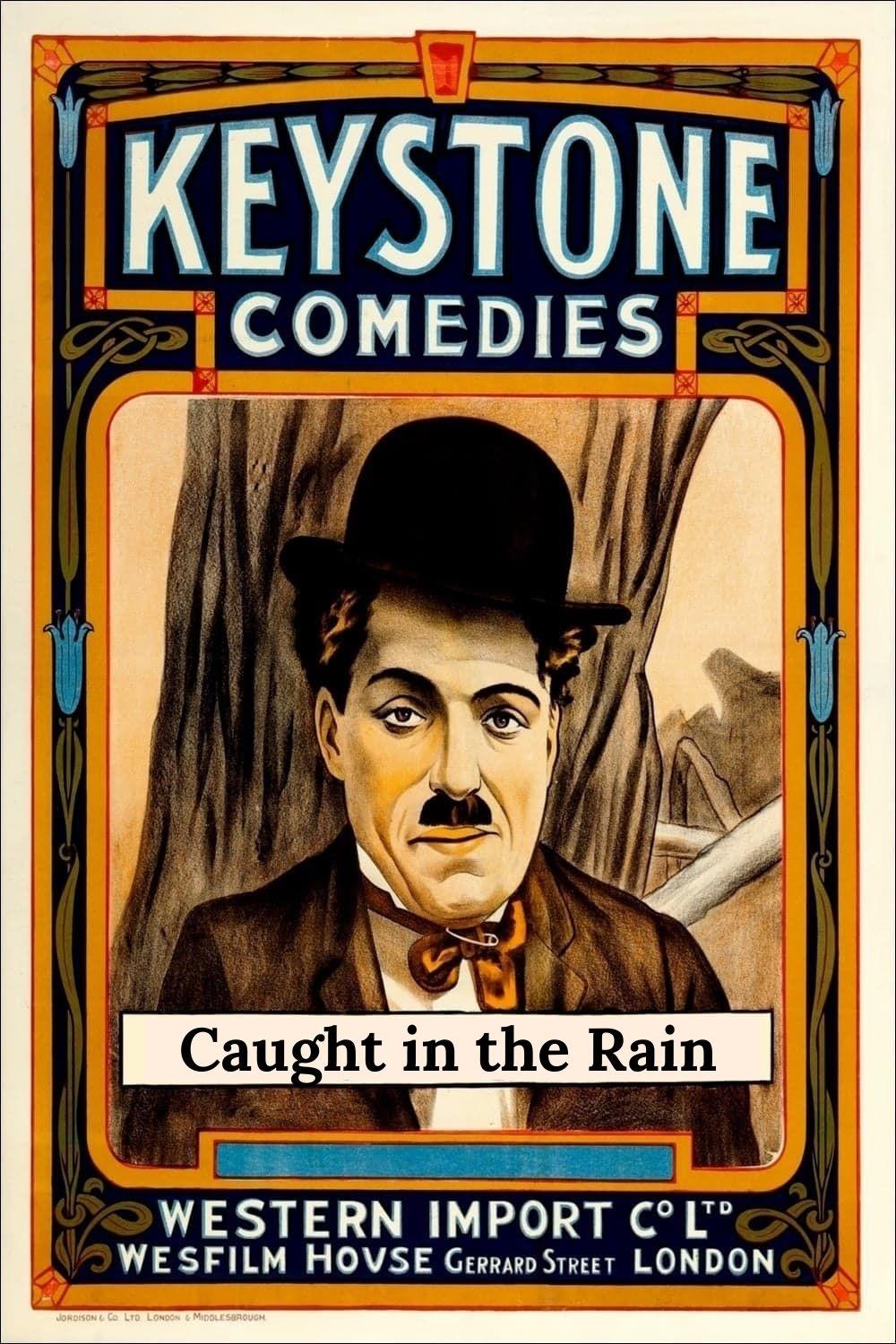
Caught in the Rain
(Cinematography)

Sunrise: A Song of Two Humans
(Special Effects)
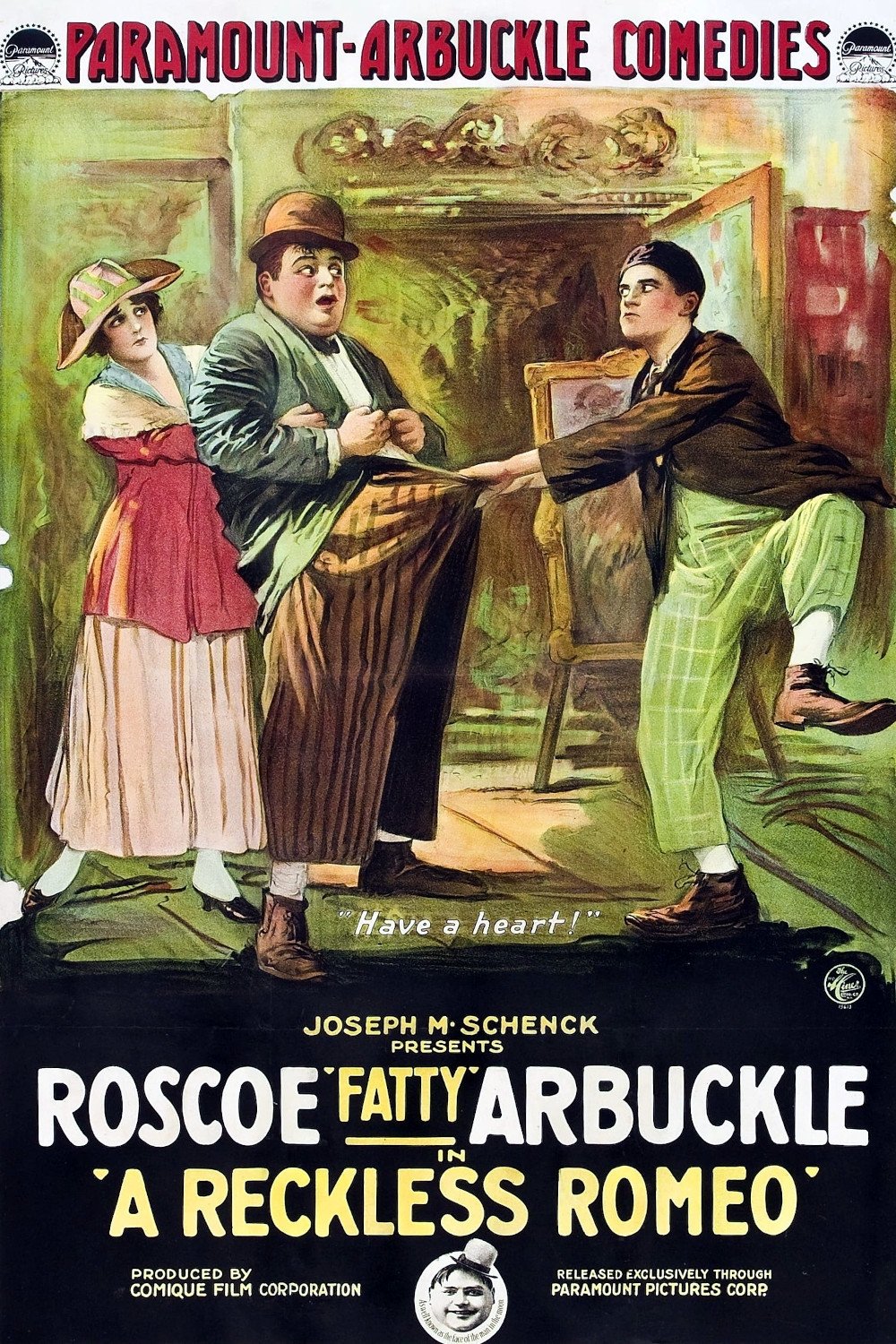
A Reckless Romeo
(Director of Photography)
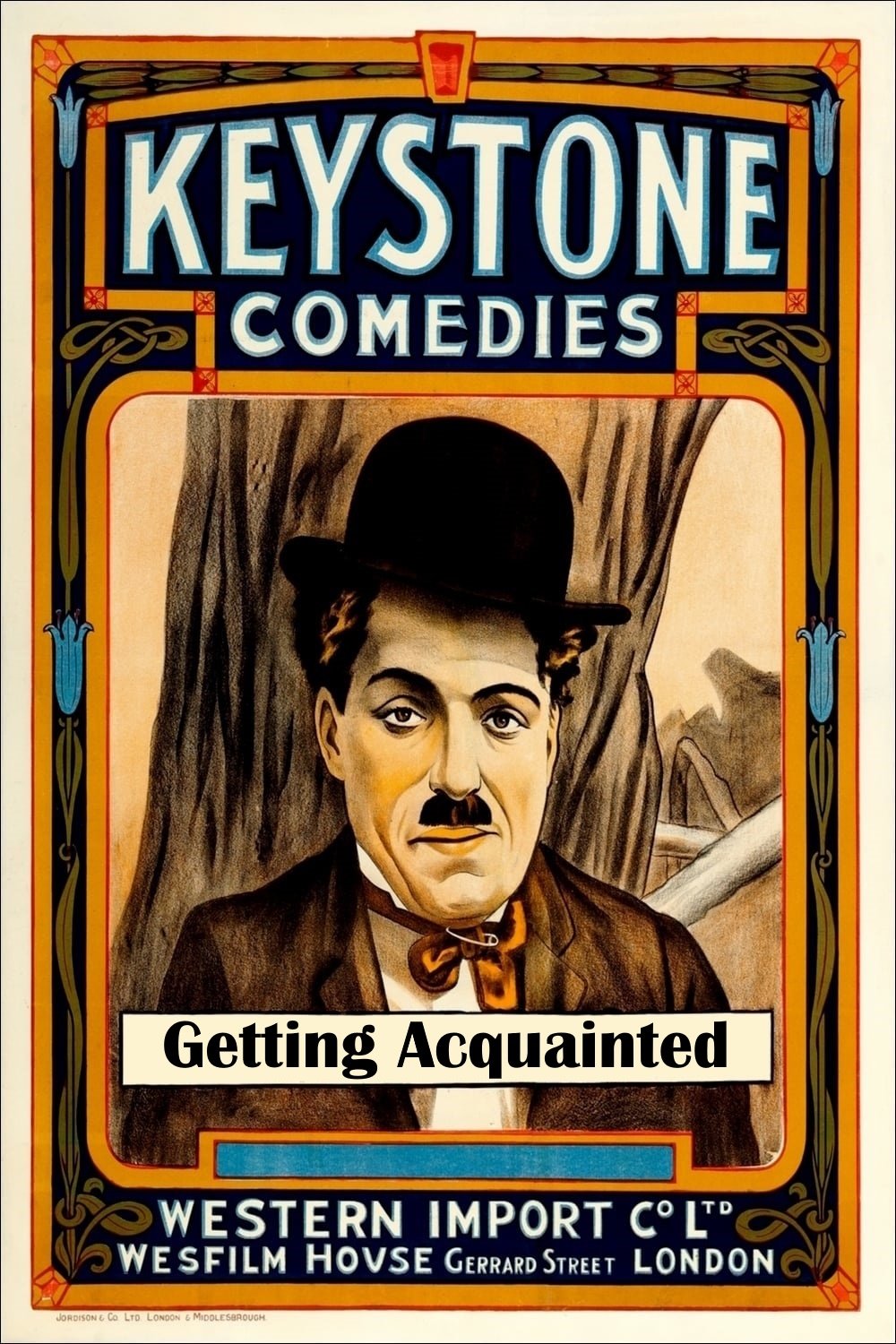
Getting Acquainted
(Director of Photography)
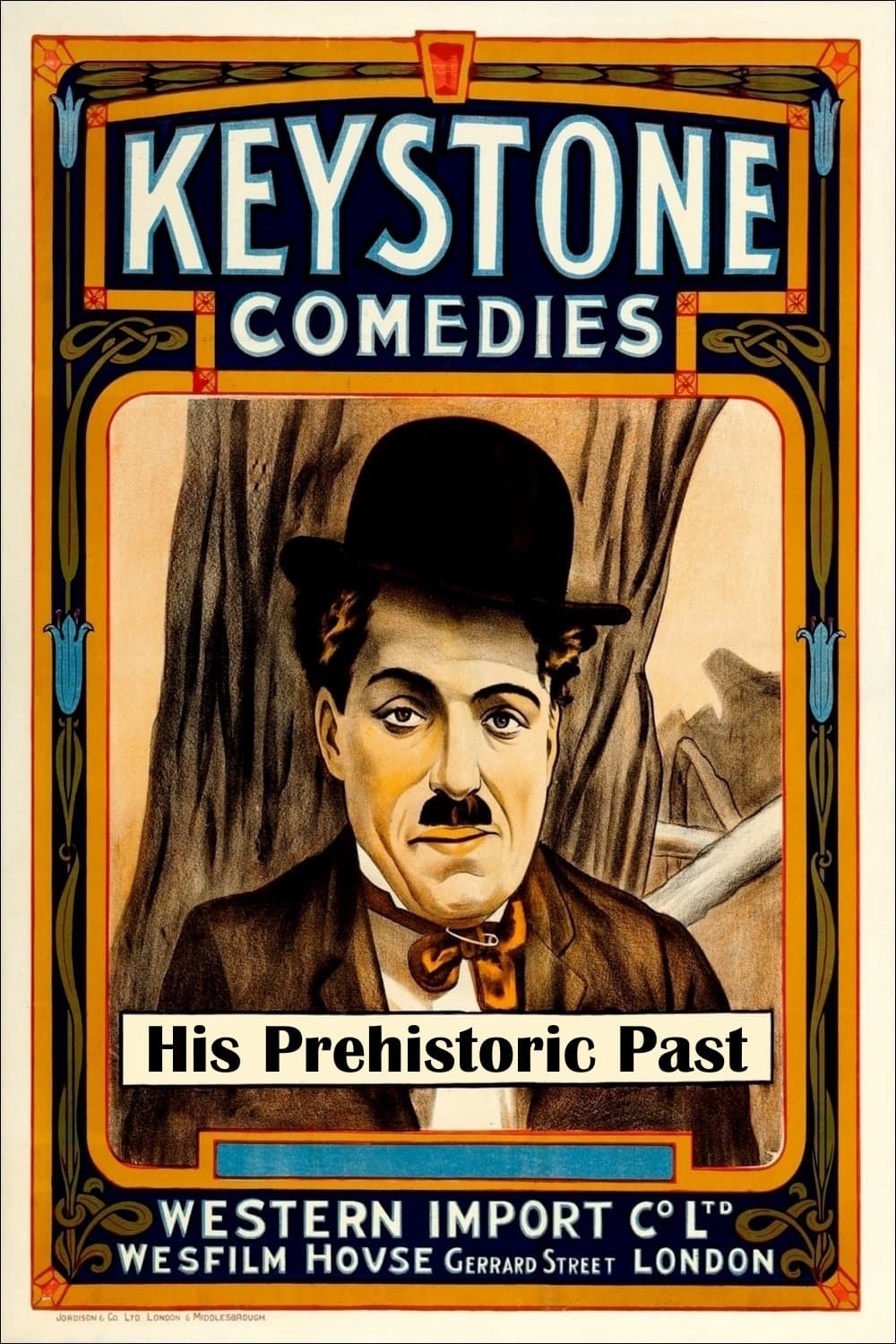
His Prehistoric Past
(Director of Photography)
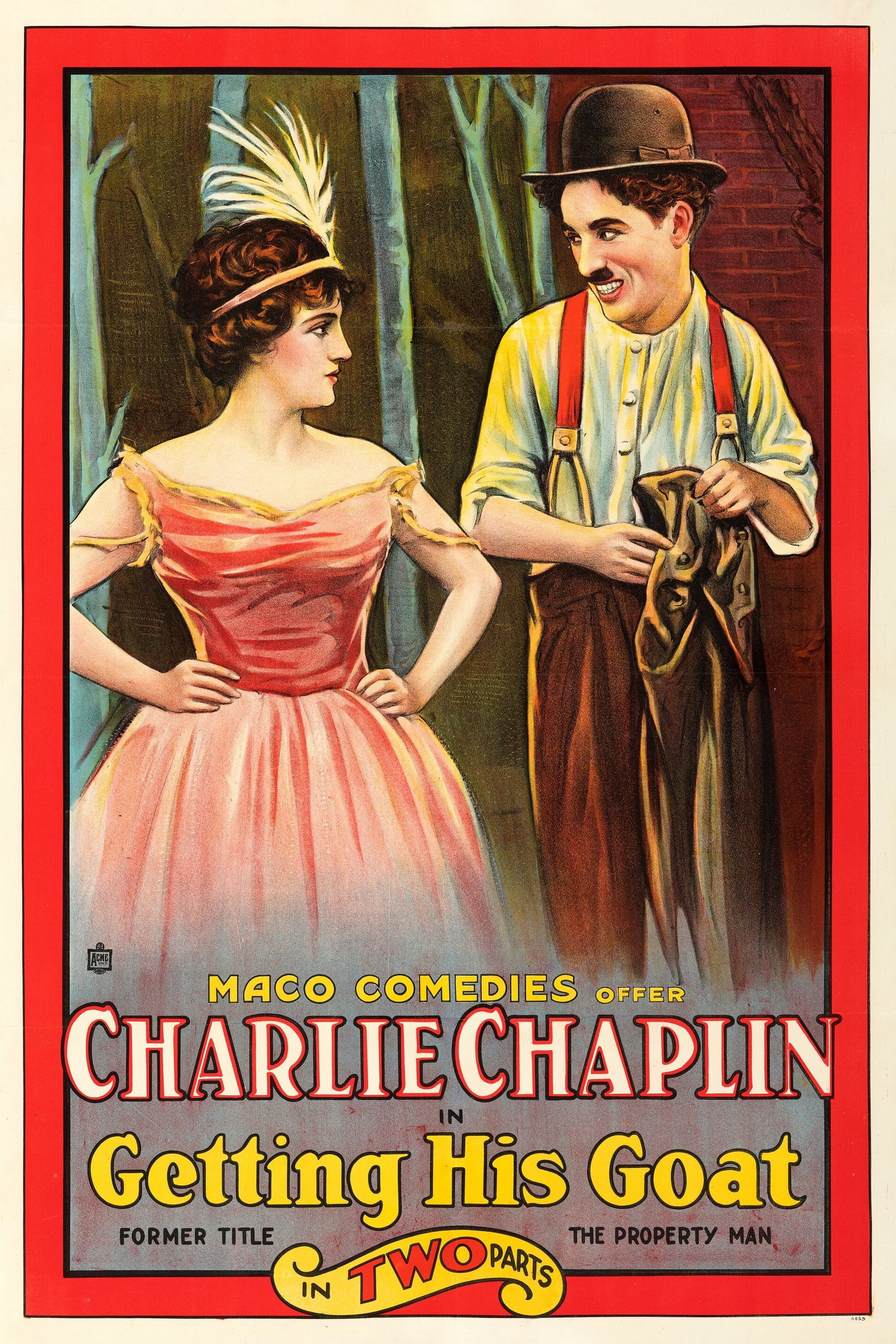
The Property Man
(Director of Photography)

Caught in a Cabaret
(Director of Photography)
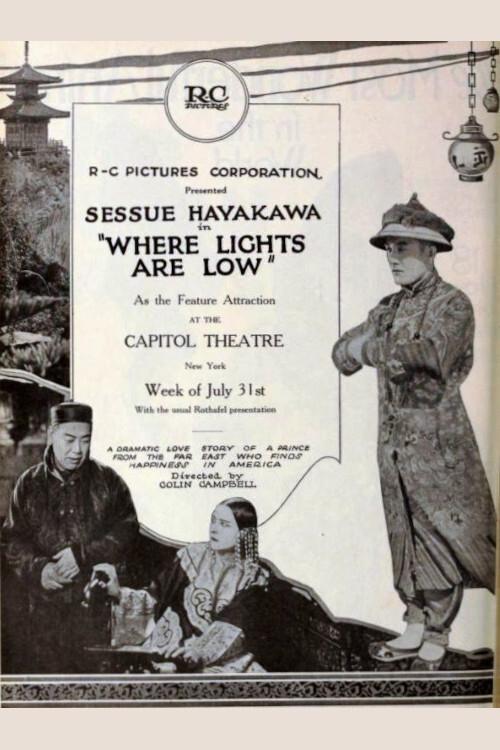
Where Lights Are Low
(Director of Photography)
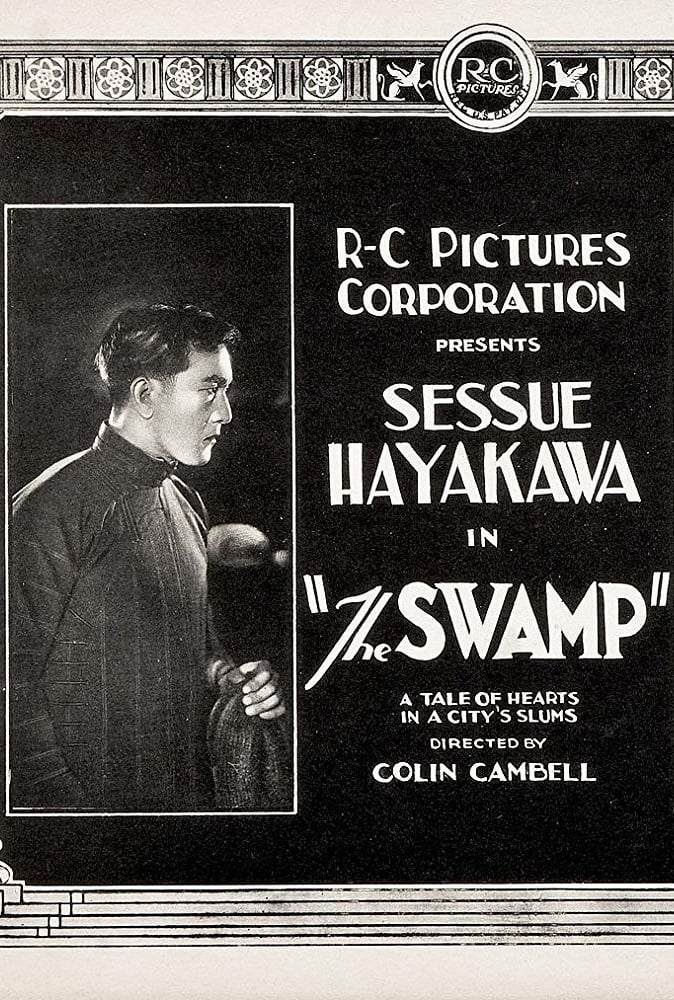
The Swamp
(Director of Photography)
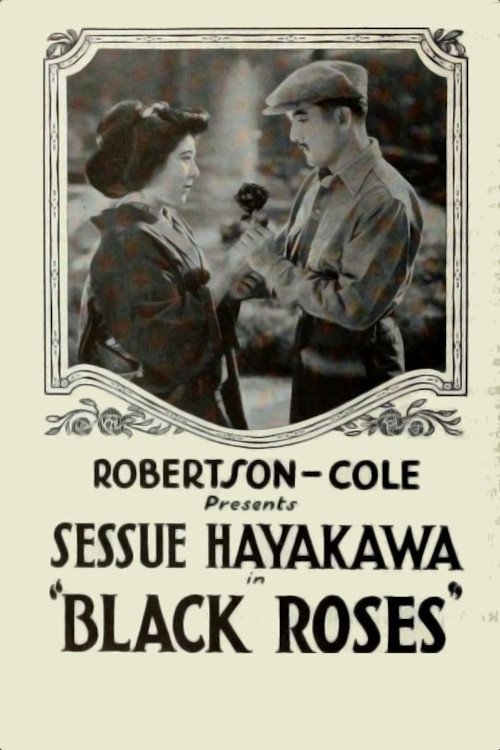
Black Roses
(Director of Photography)
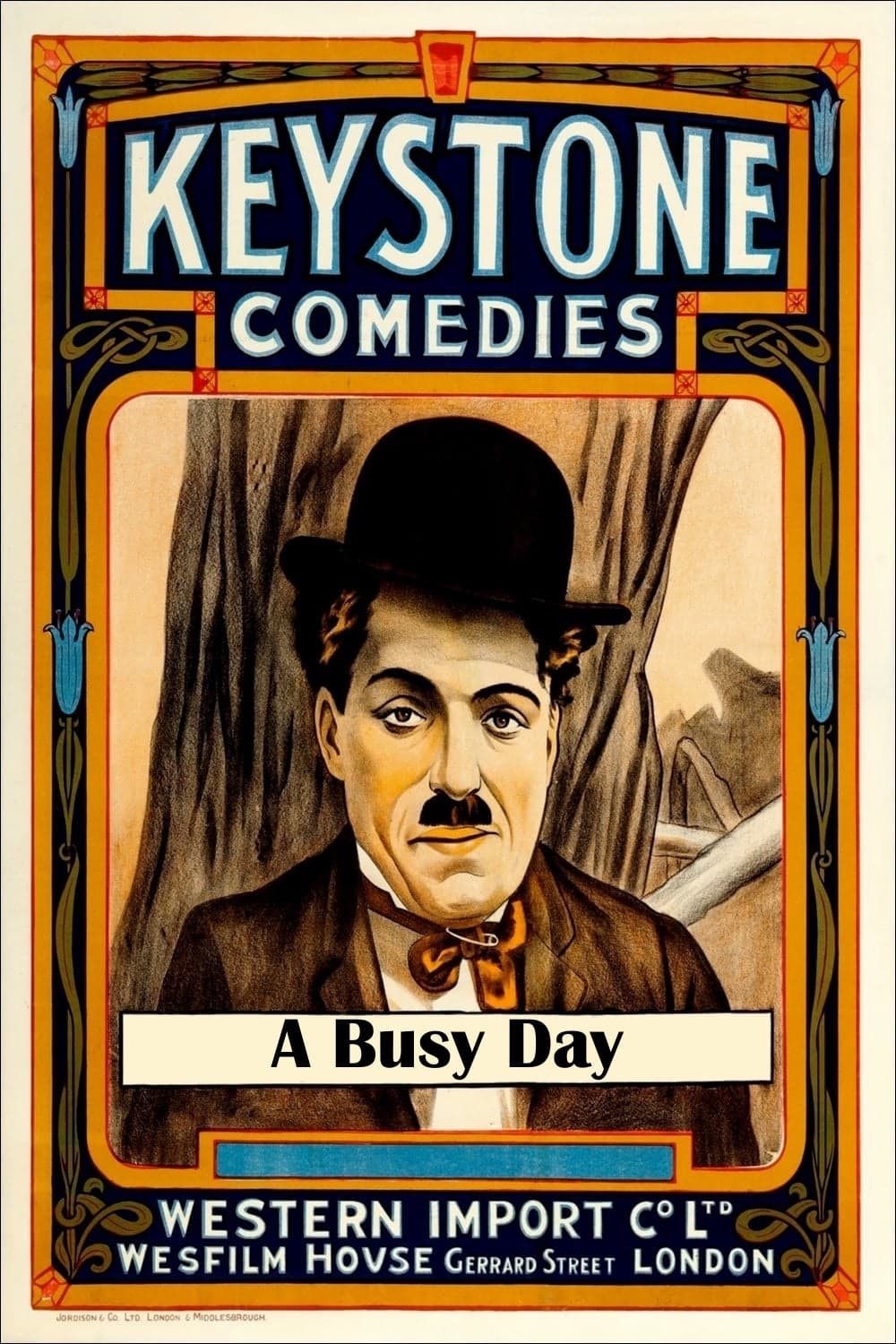
A Busy Day
(Director of Photography)
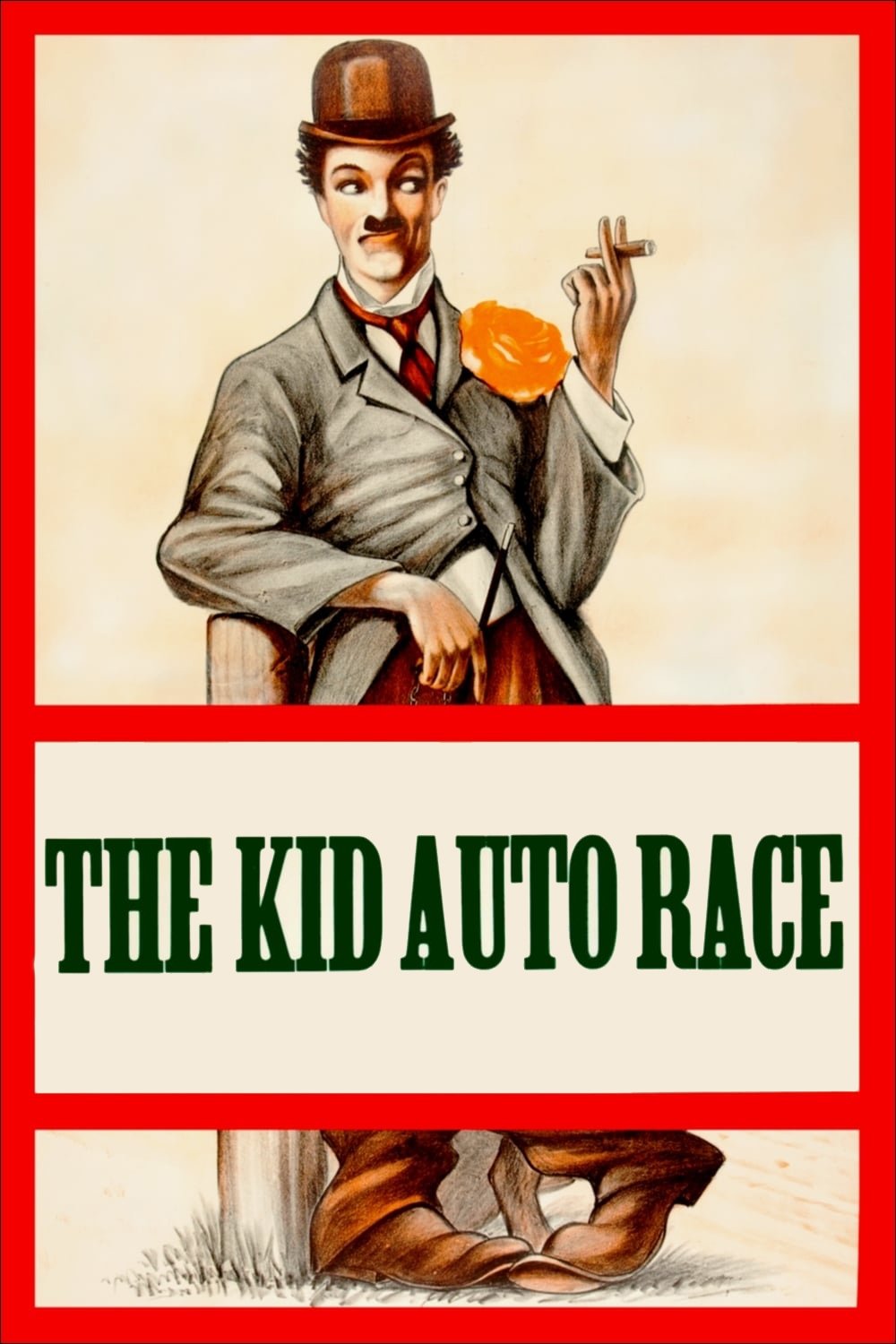
Kid Auto Races at Venice
(Director of Photography)
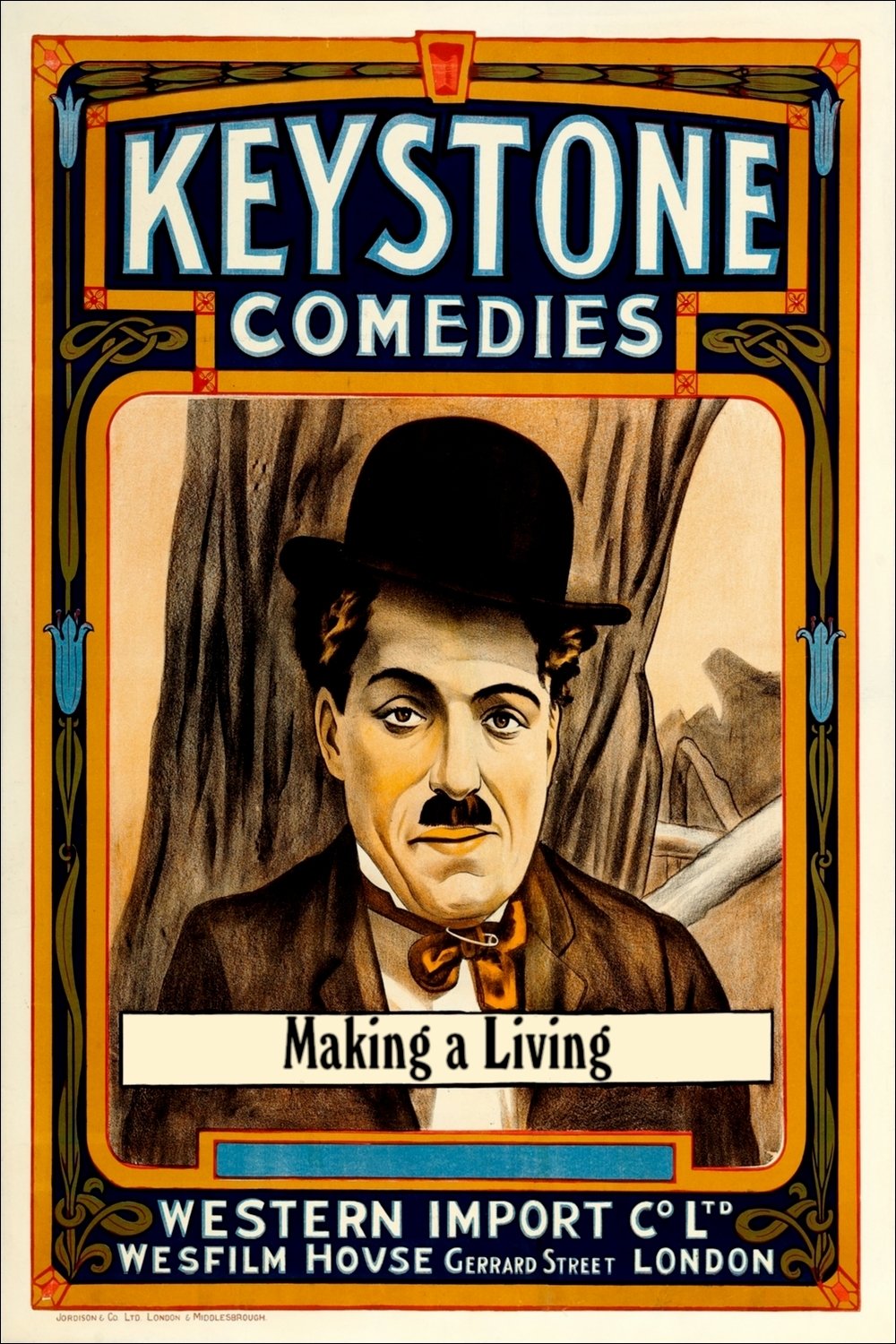
Making a Living
(Director of Photography)
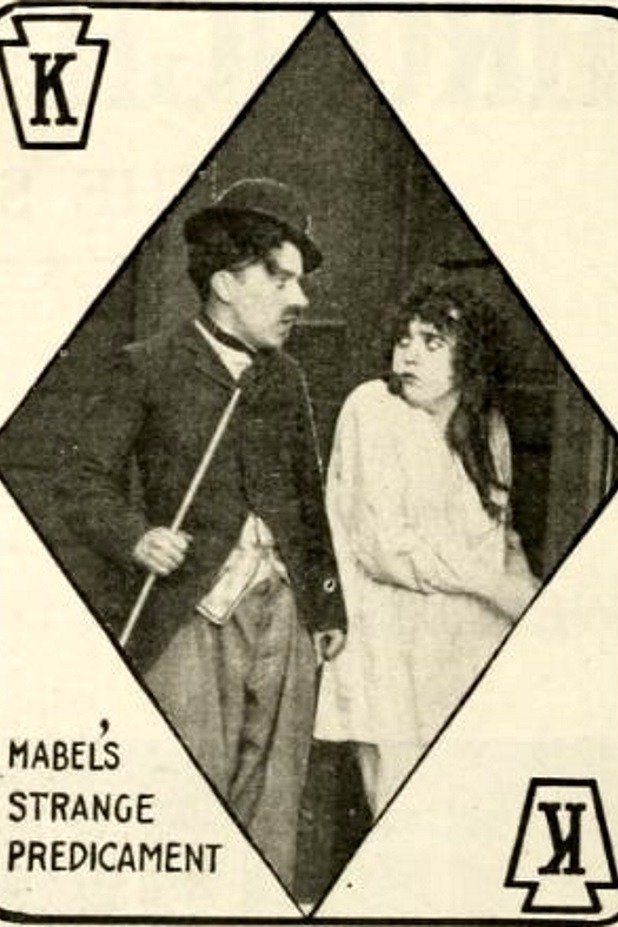
Mabel's Strange Predicament
(Director of Photography)

The Floorwalker
(Director of Photography)
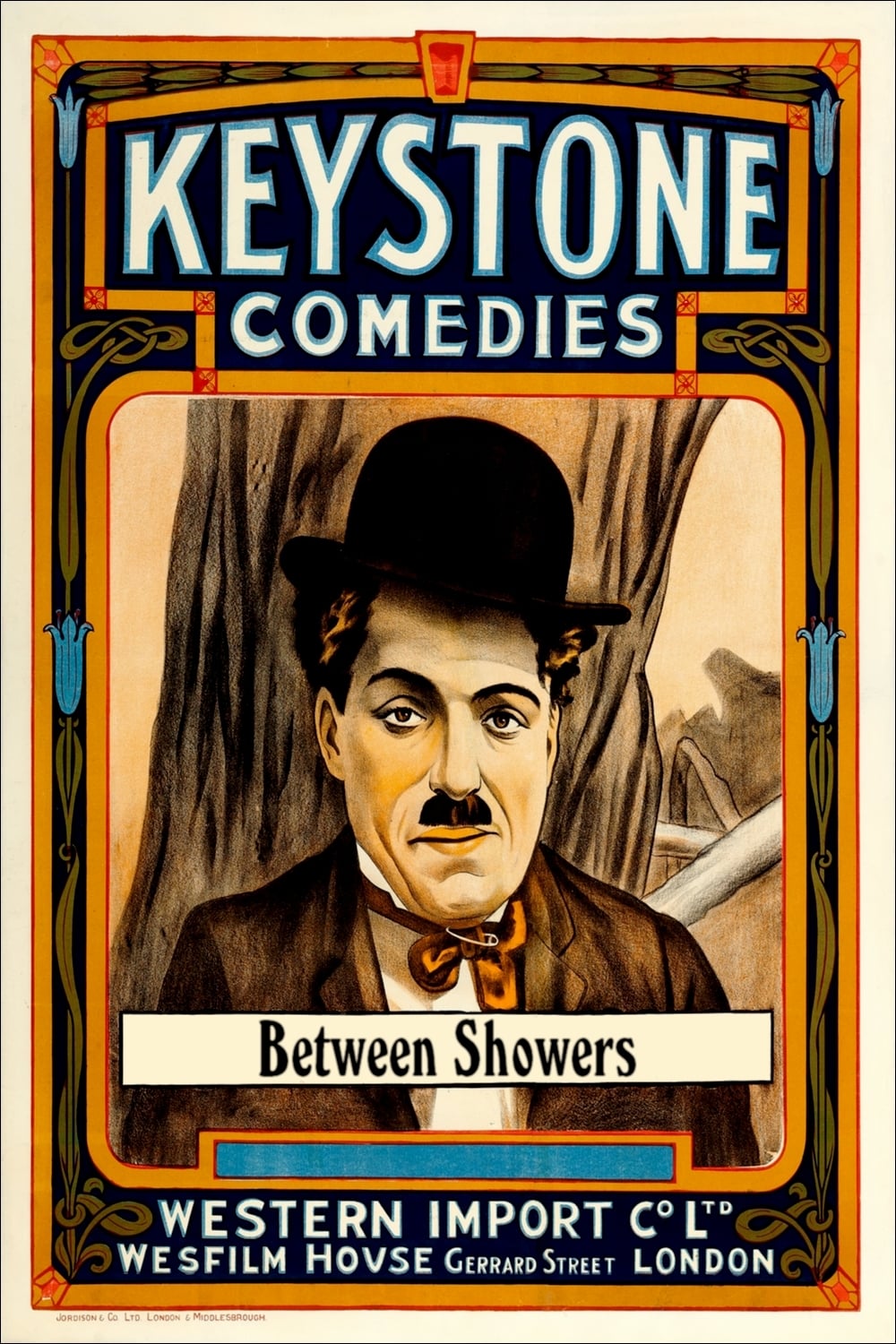
Between Showers
(Director of Photography)
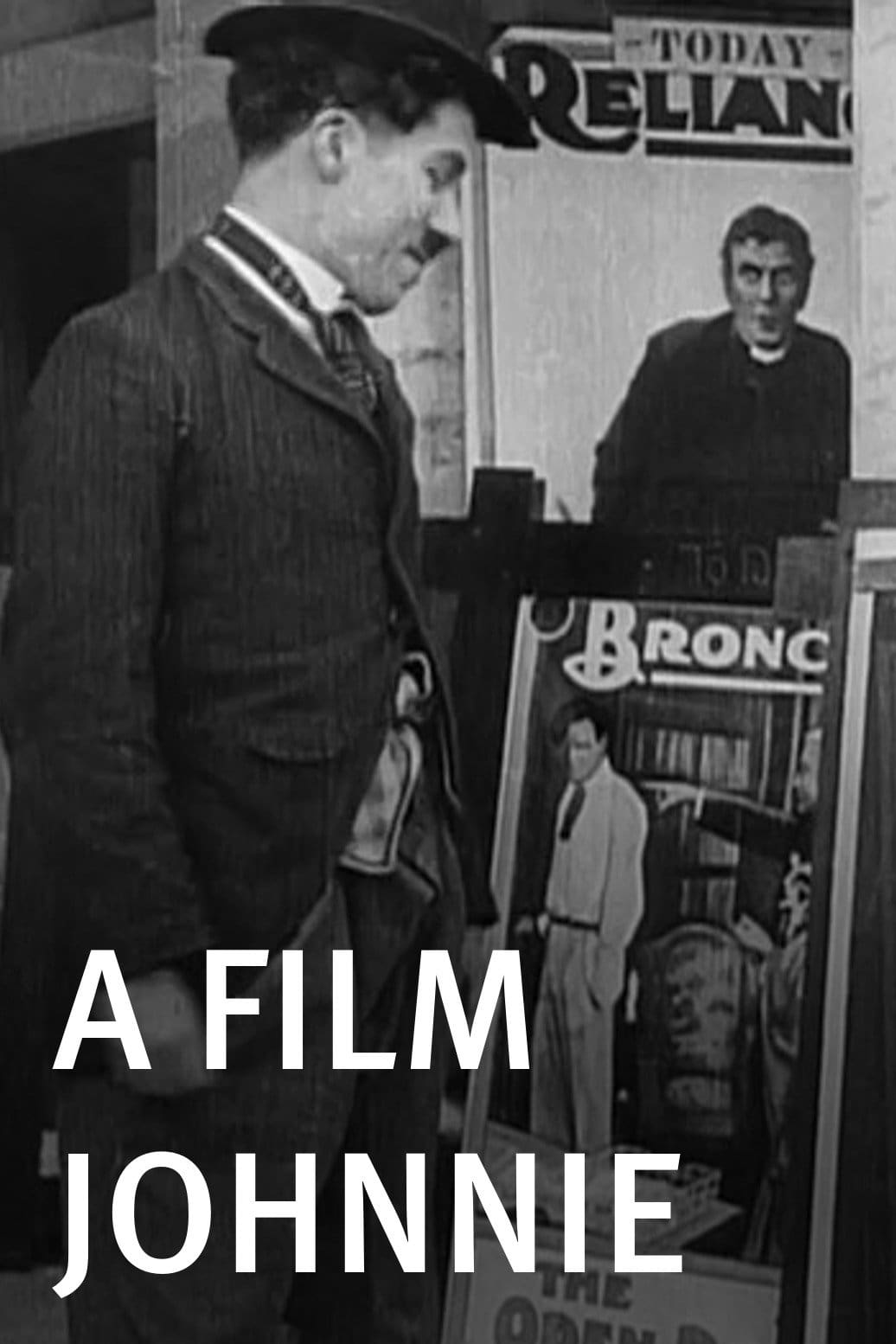
A Film Johnnie
(Director of Photography)
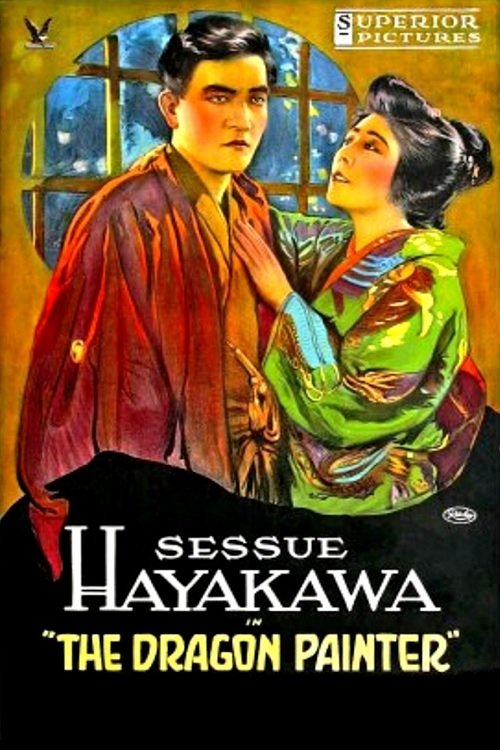
The Dragon Painter
(Director of Photography)
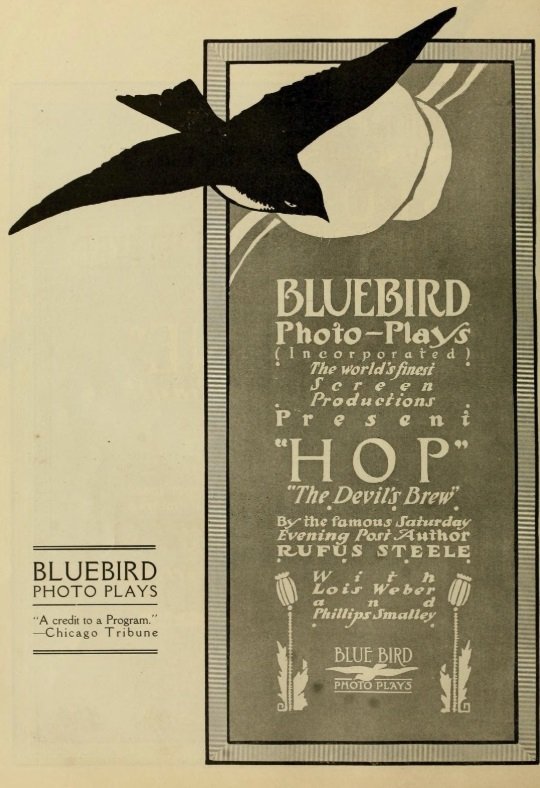
Hop - The Devil's Brew
(Director of Photography)
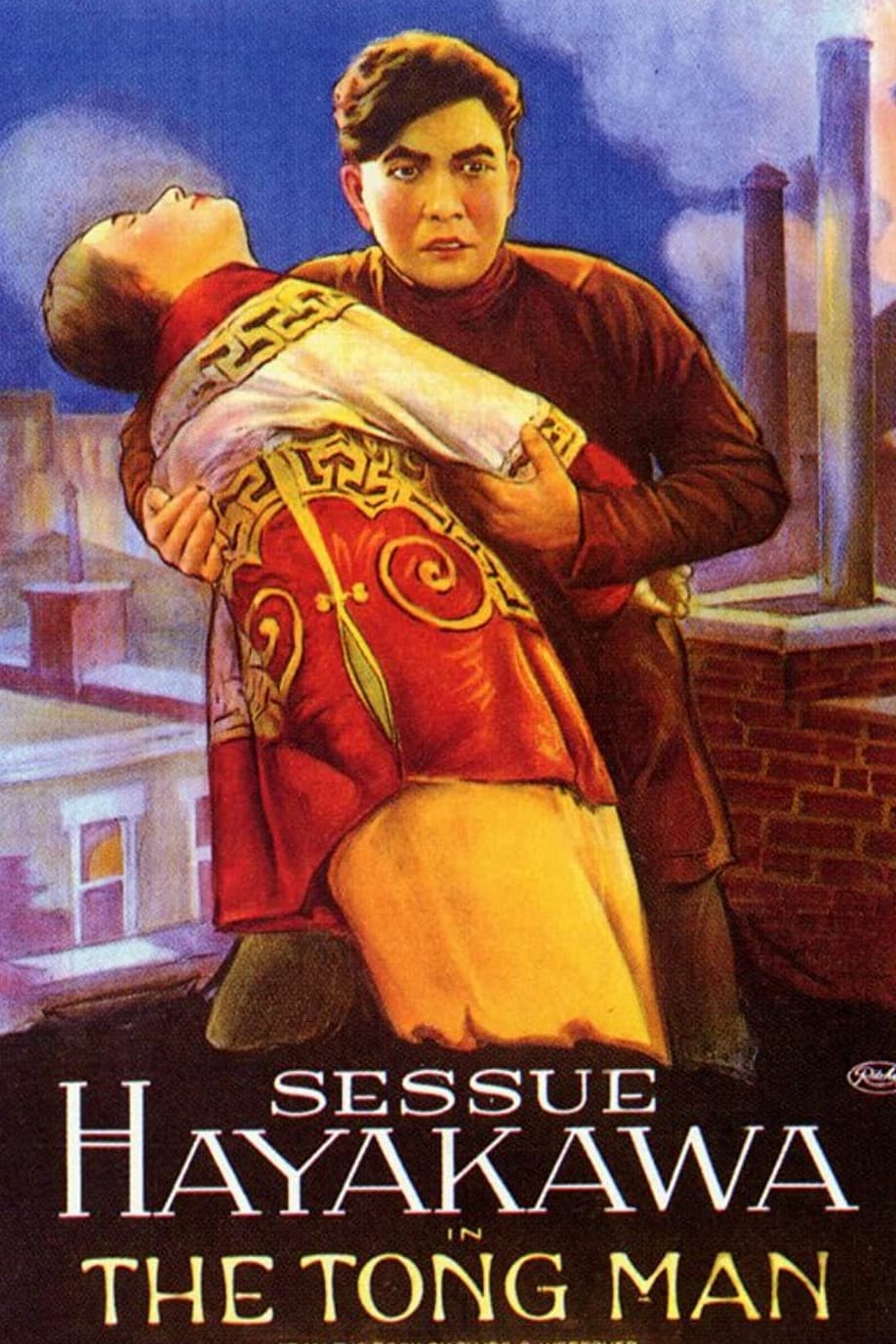
The Tong Man
(Director of Photography)

The Man Beneath
(Director of Photography)
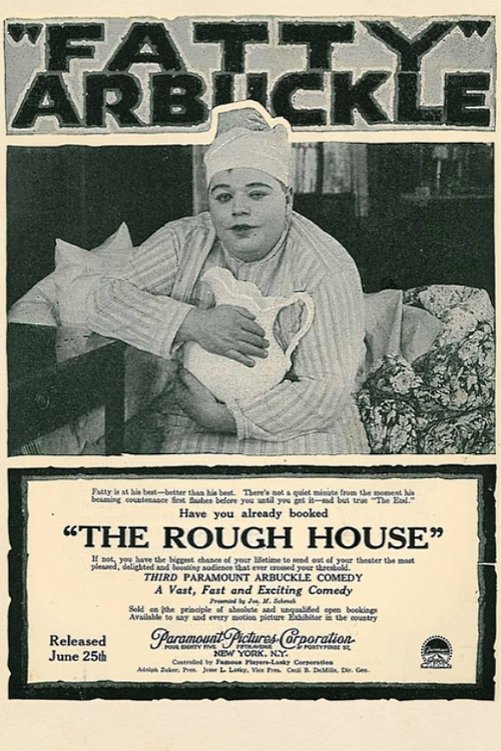
The Rough House
(Director of Photography)
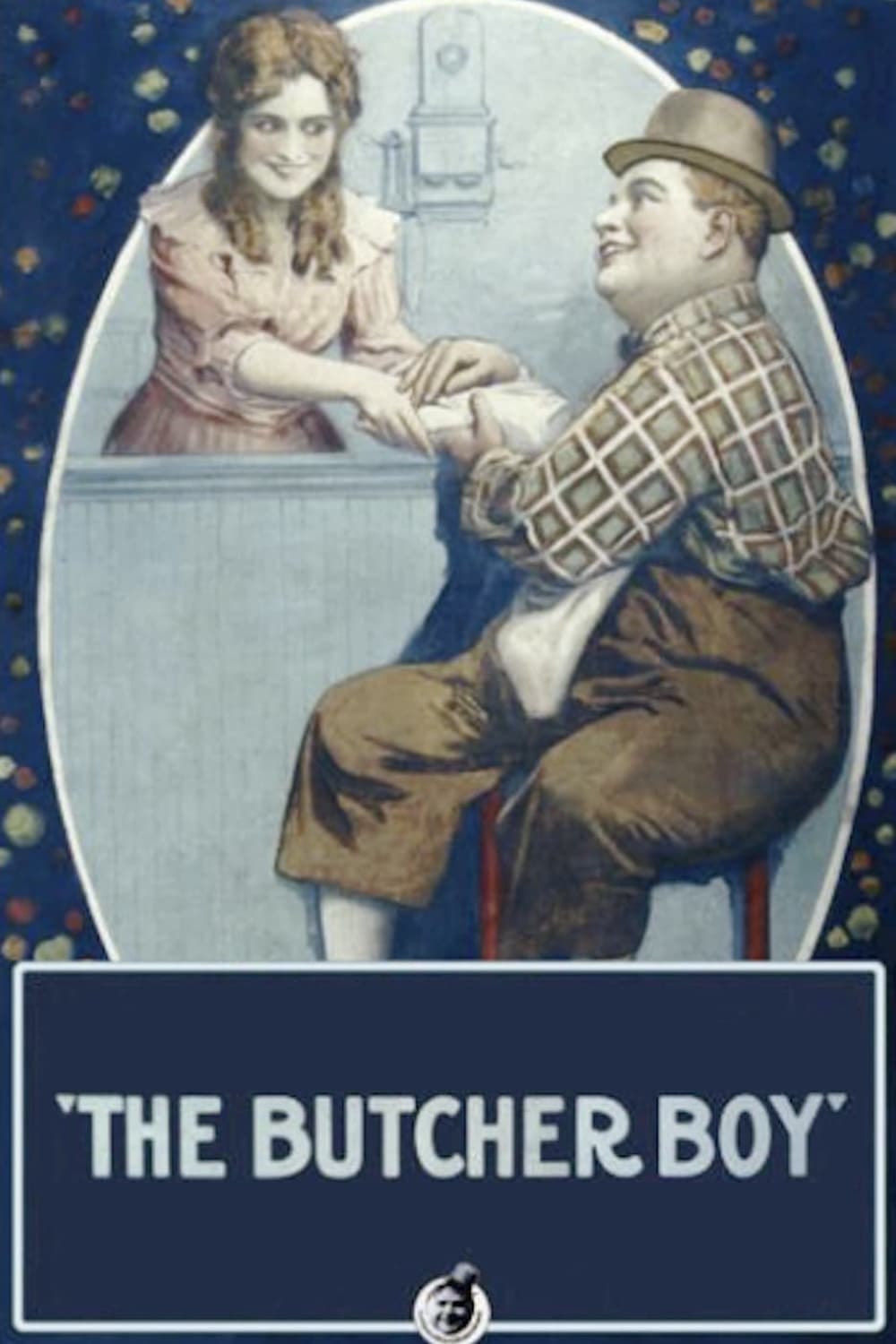
The Butcher Boy
(Director of Photography)
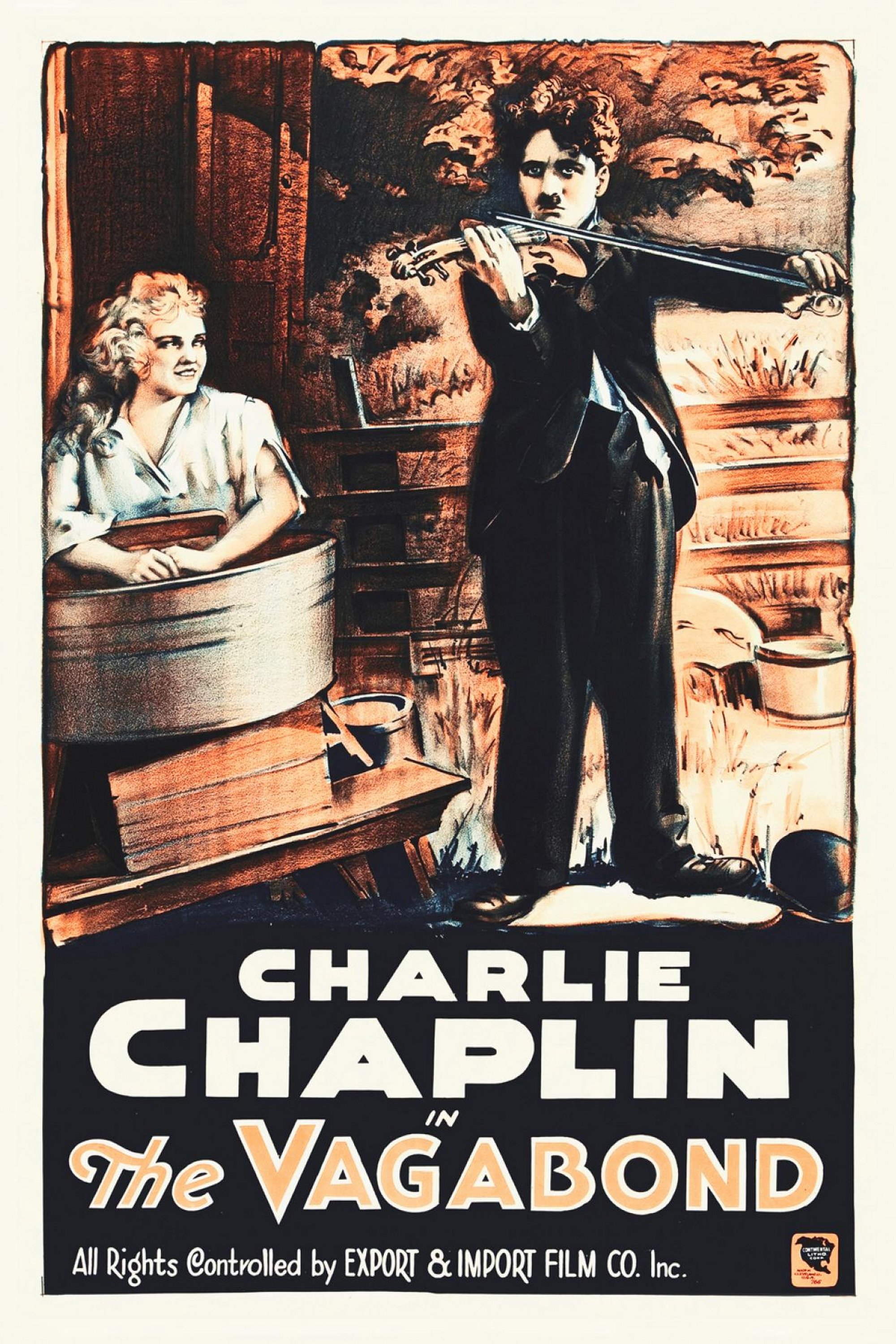
The Vagabond
(Director of Photography)
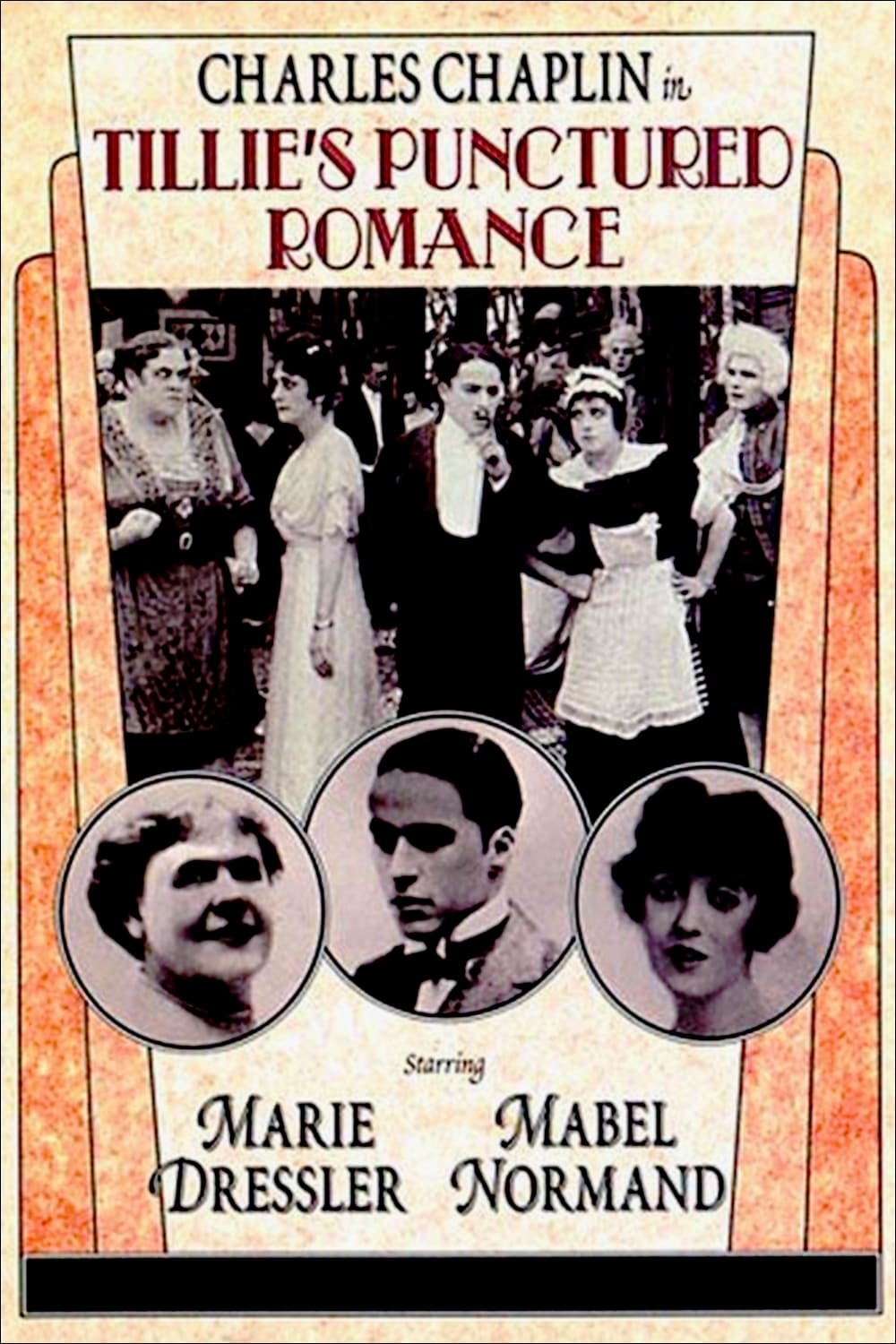
Tillie's Punctured Romance
(Director of Photography)
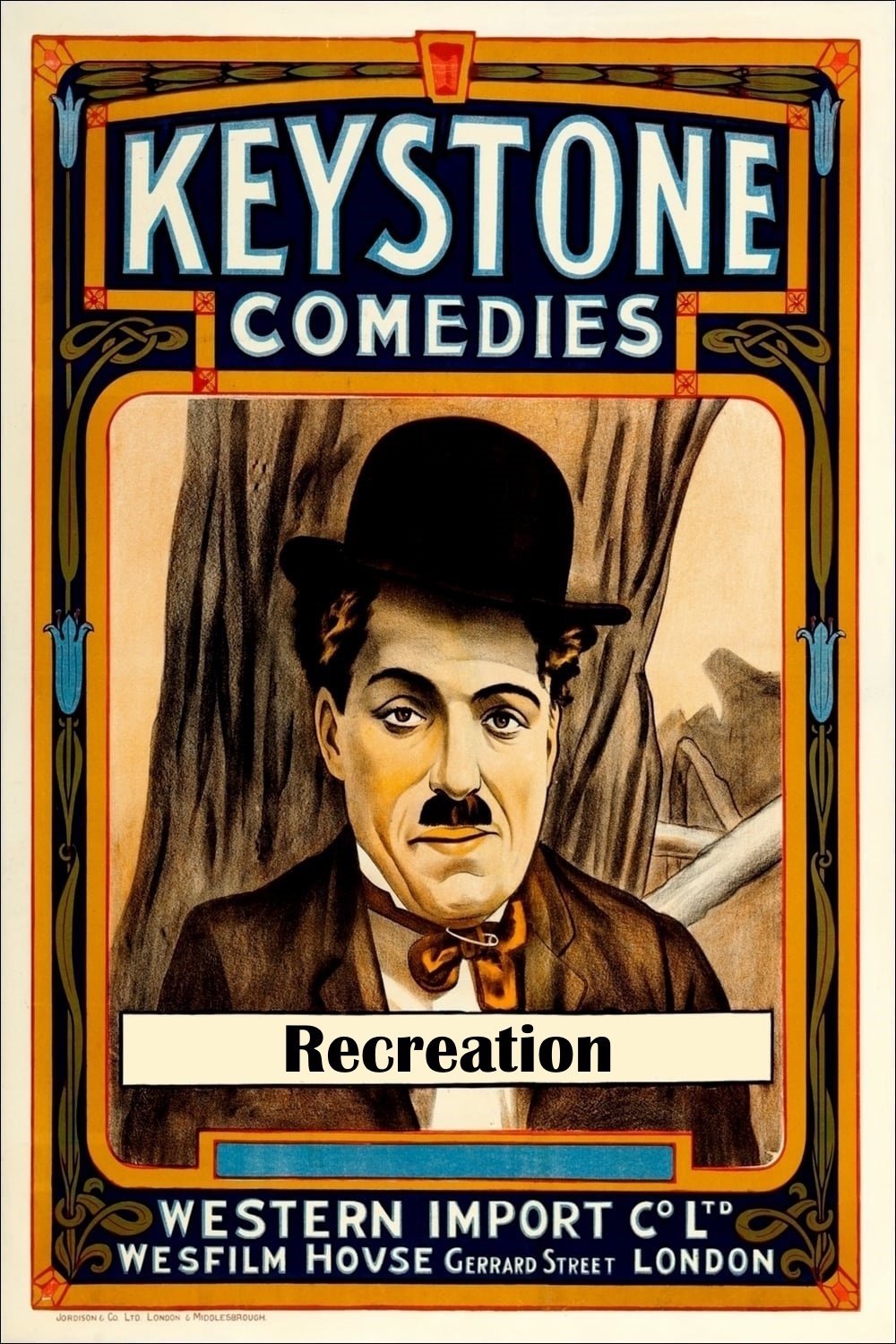
Recreation
(Director of Photography)
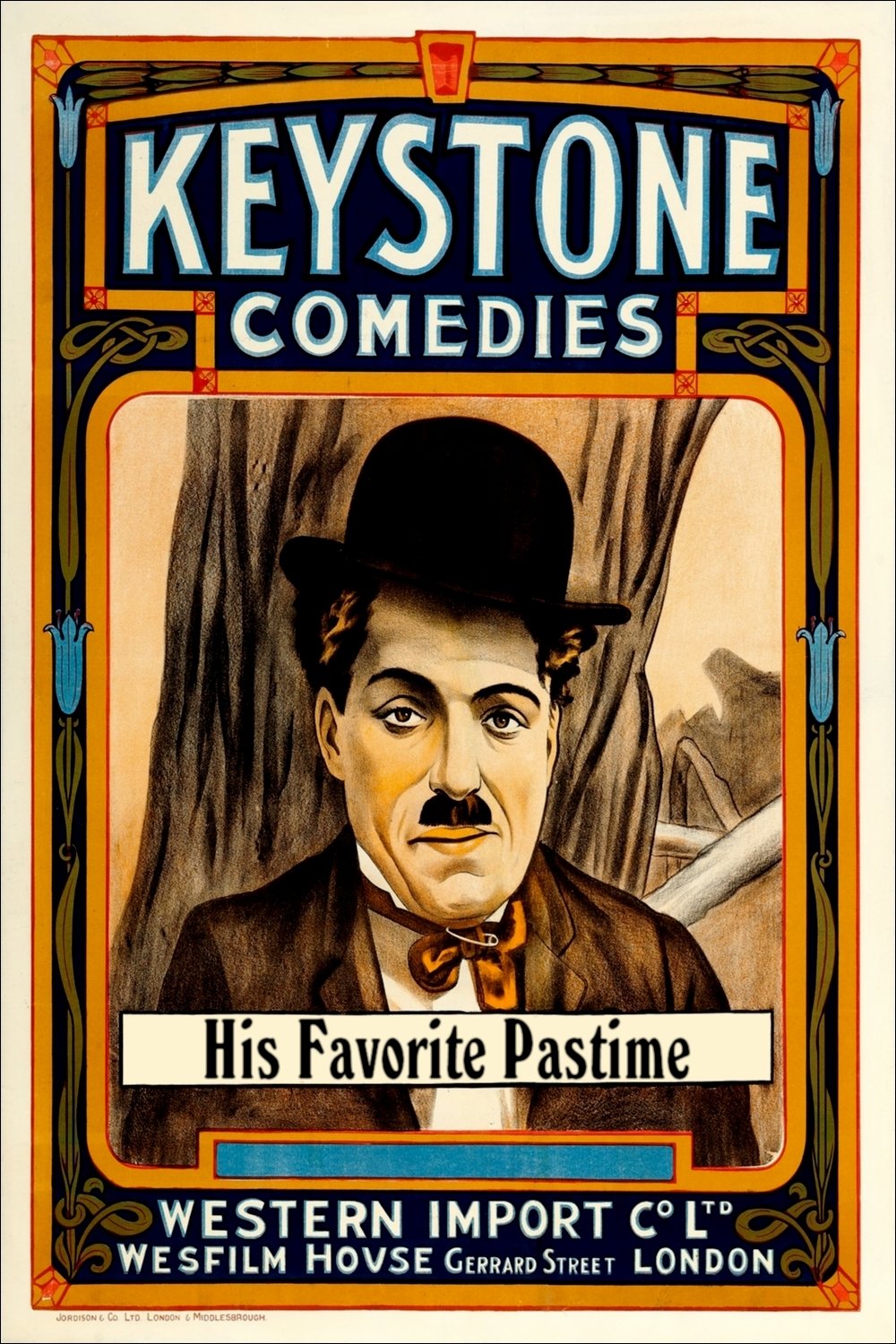
His Favorite Pastime
(Director of Photography)
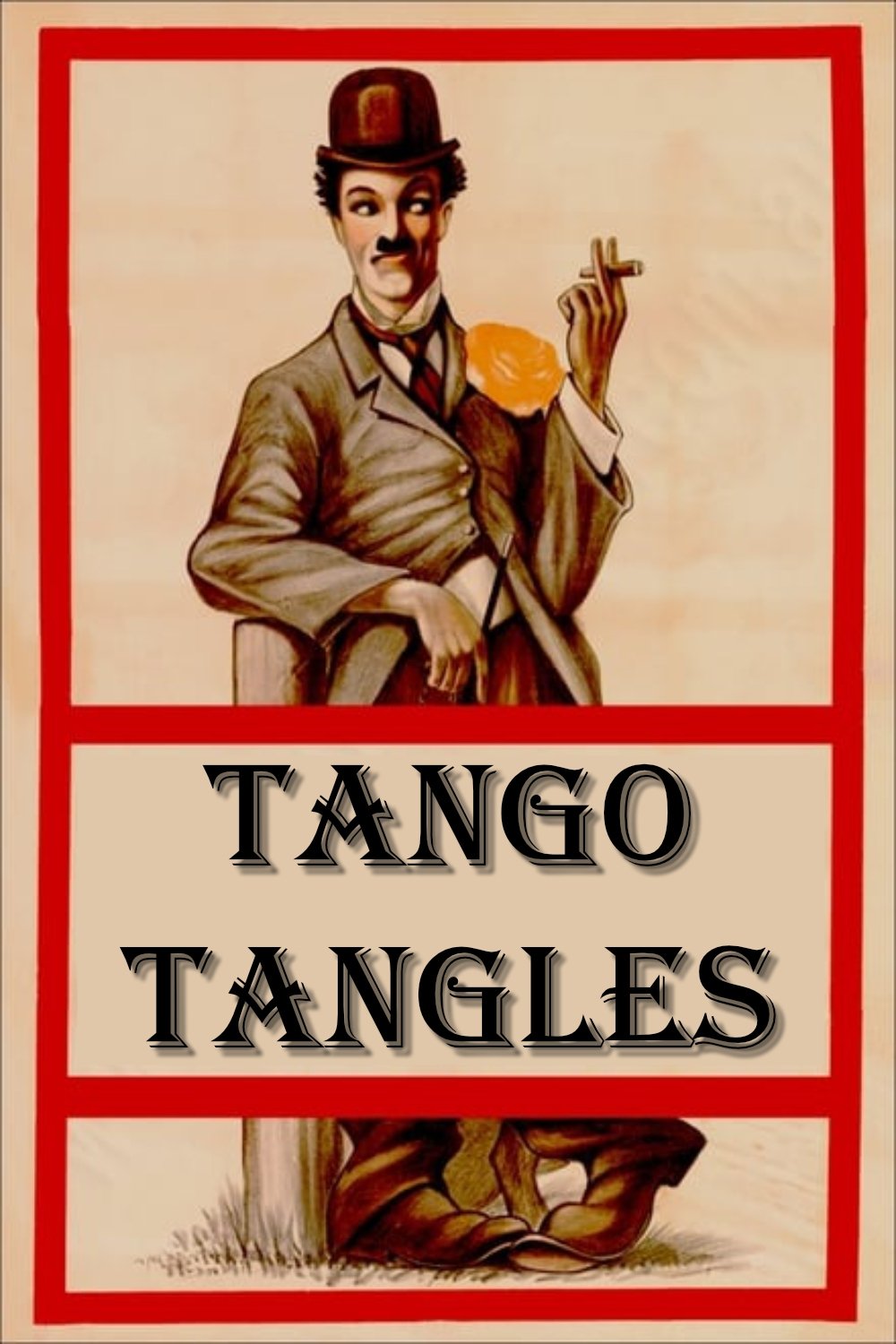
Tango Tangles
(Director of Photography)
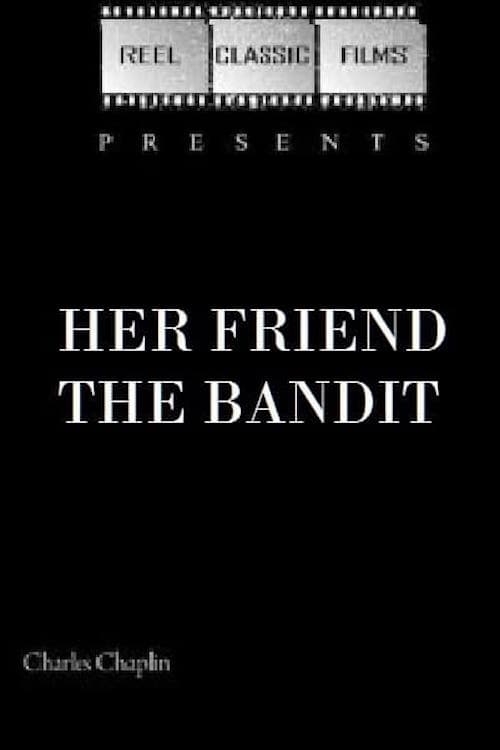
Her Friend the Bandit
(Cinematography)
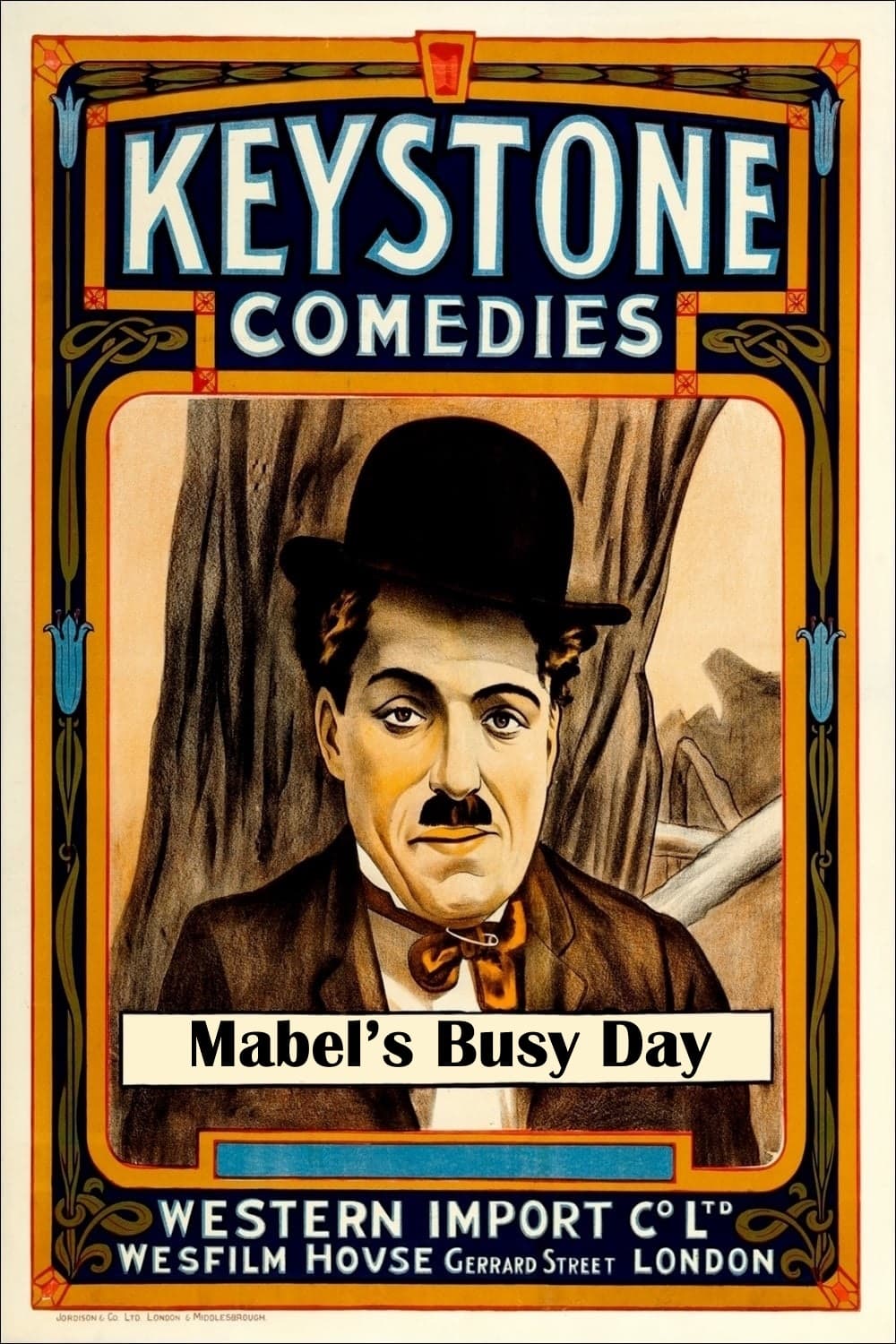
Mabel's Busy Day
(Cinematography)
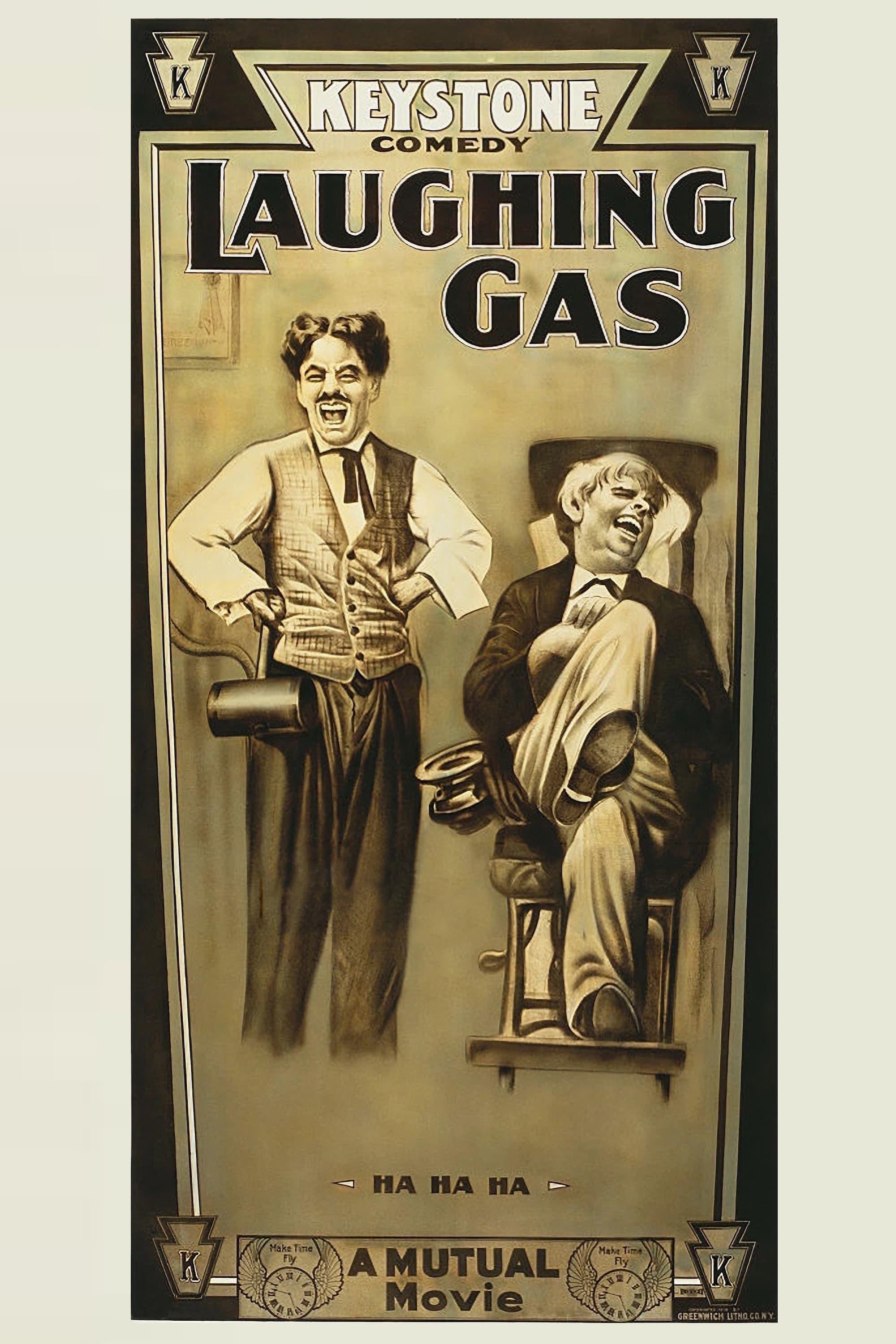
Laughing Gas
(Cinematography)
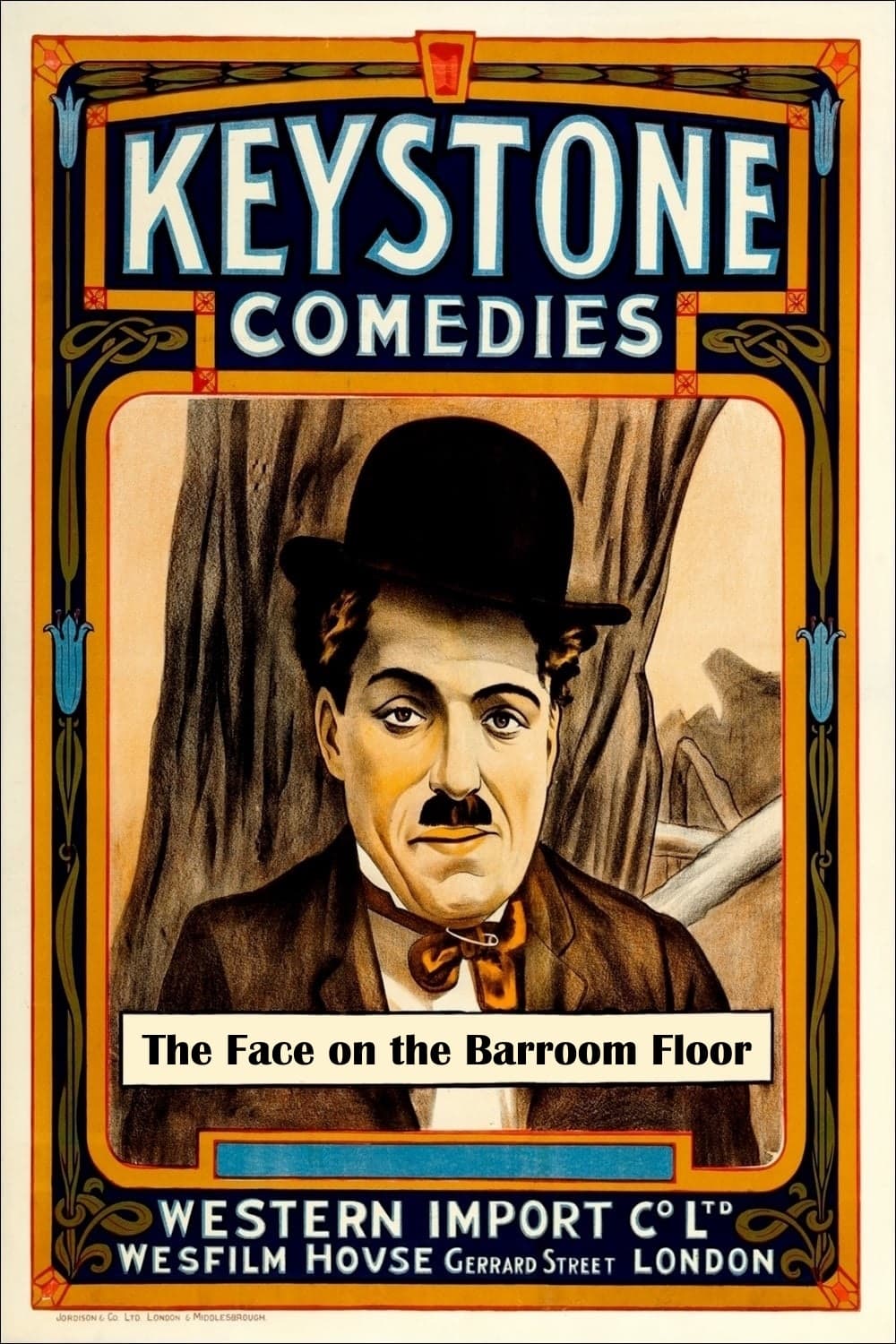
The Face on the Barroom Floor
(Cinematography)
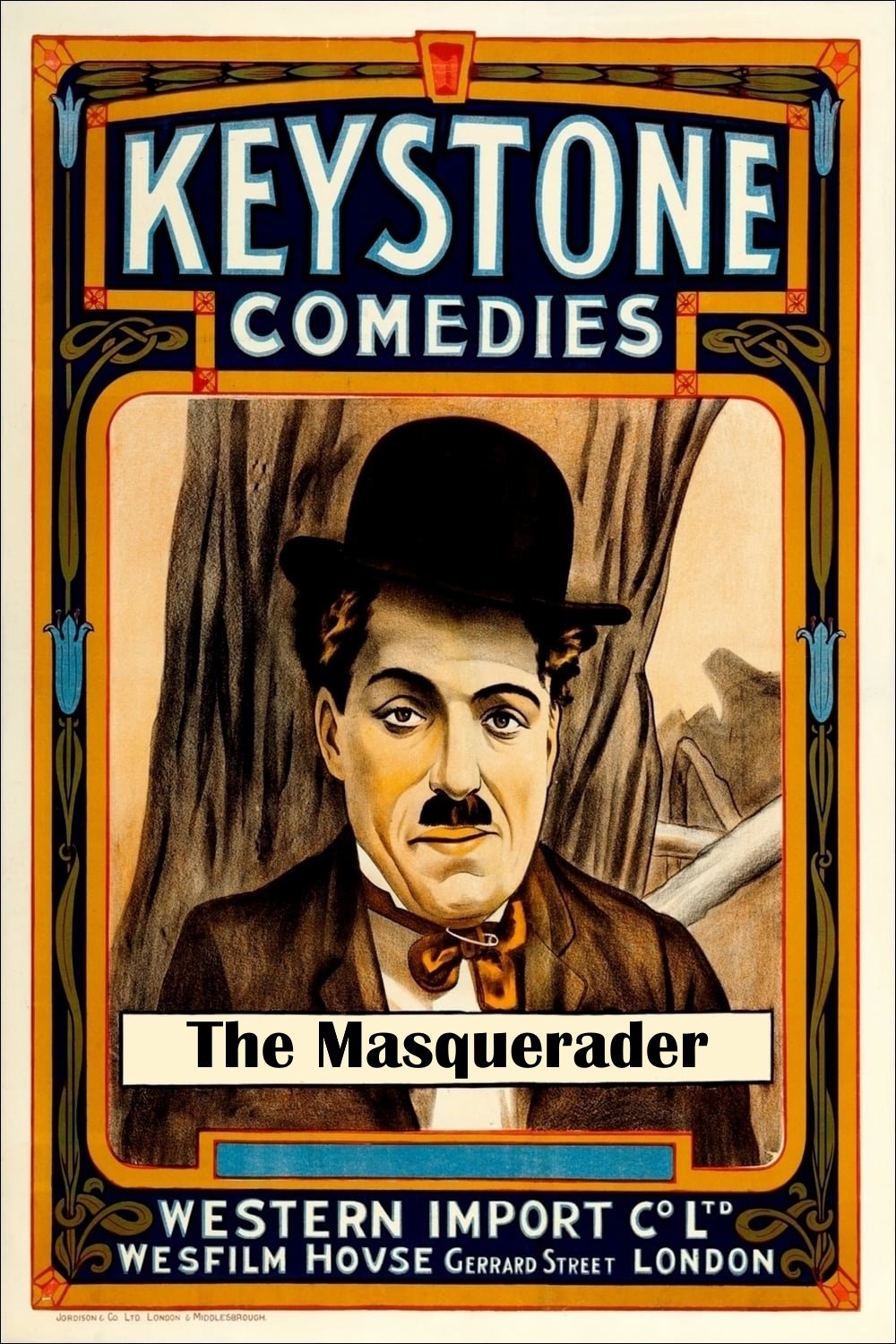
The Masquerader
(Cinematography)
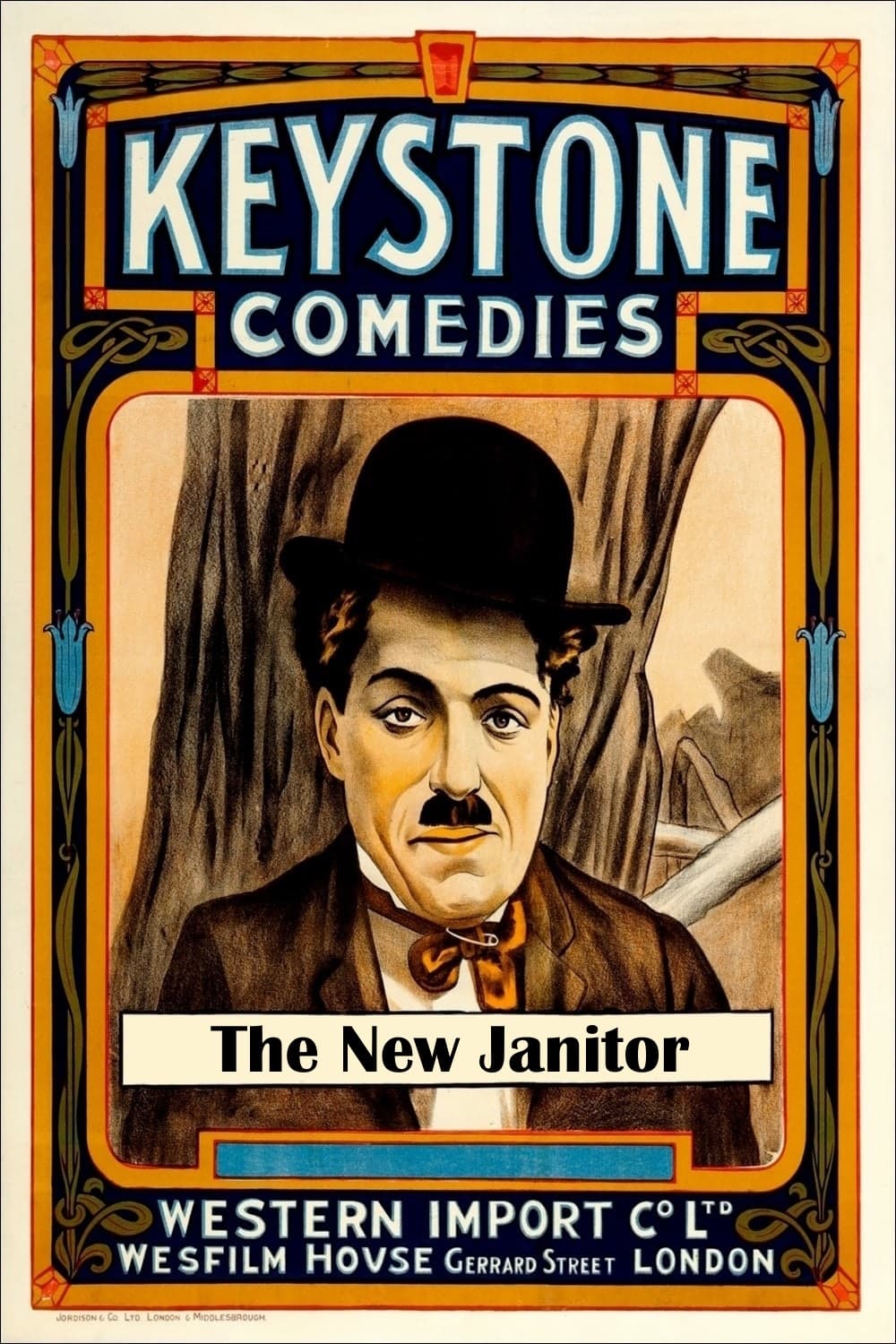
The New Janitor
(Cinematography)

Those Love Pangs
(Cinematography)

Dough and Dynamite
(Cinematography)
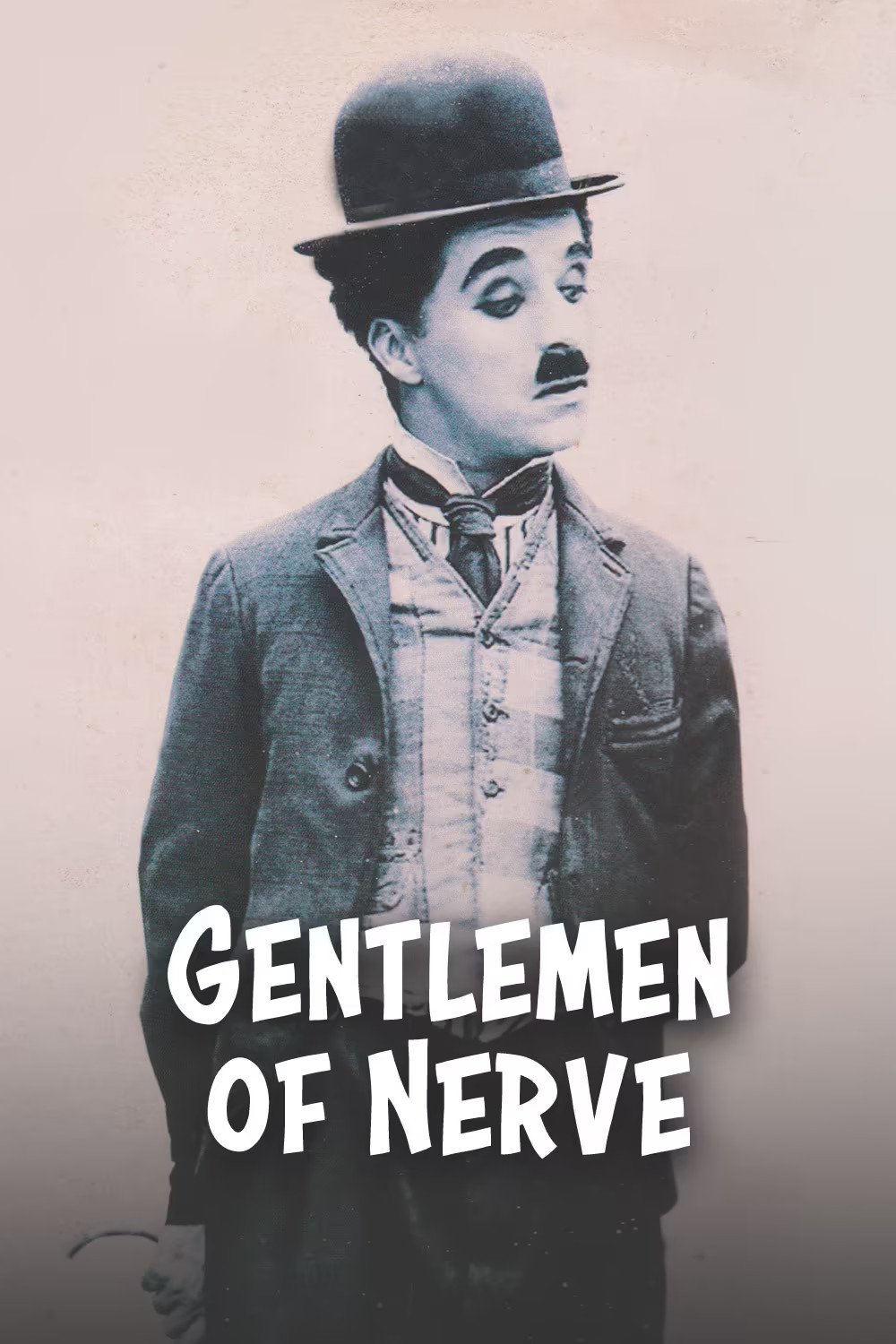
Gentlemen of Nerve
(Cinematography)
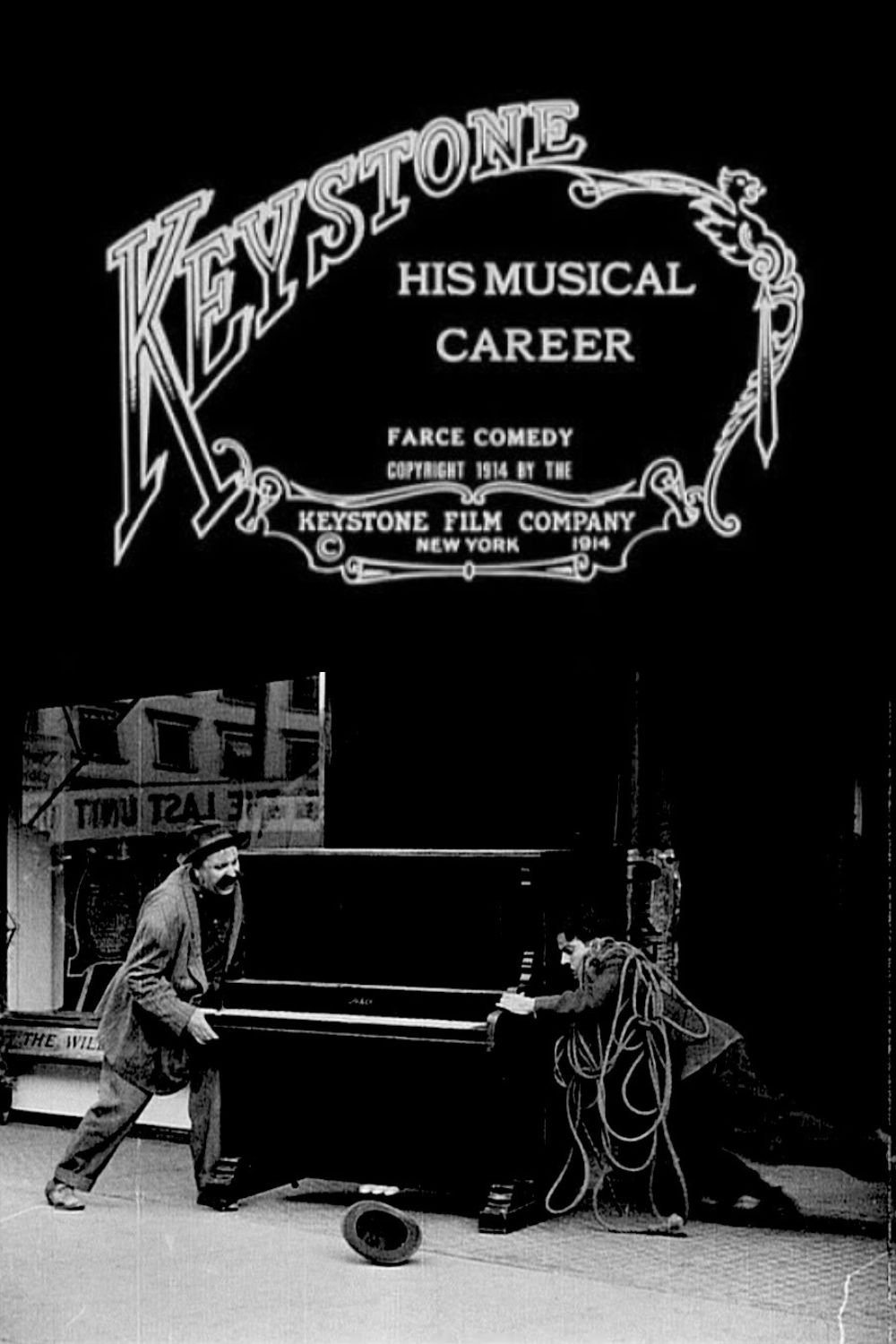
His Musical Career
(Cinematography)
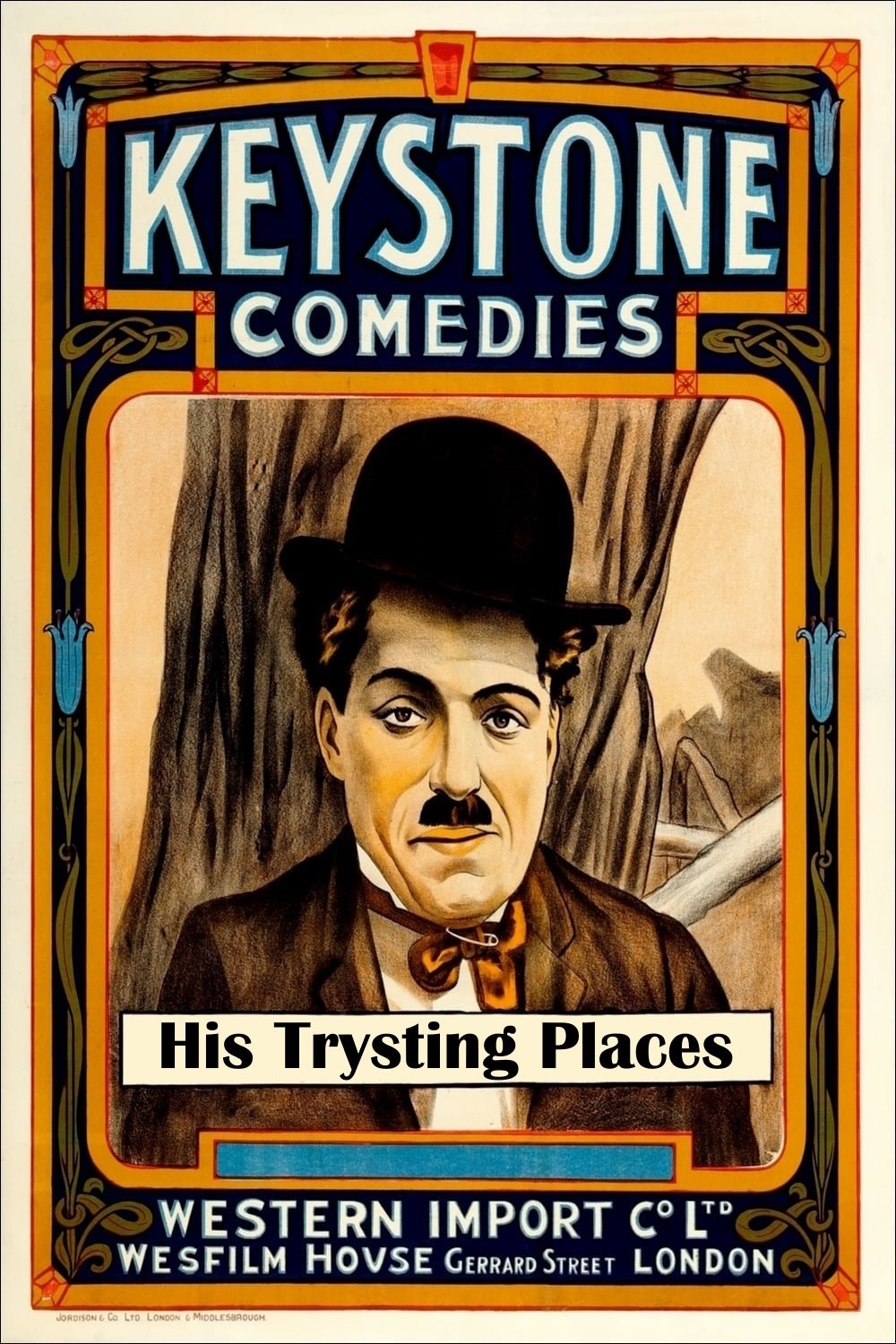
His Trysting Places
(Cinematography)
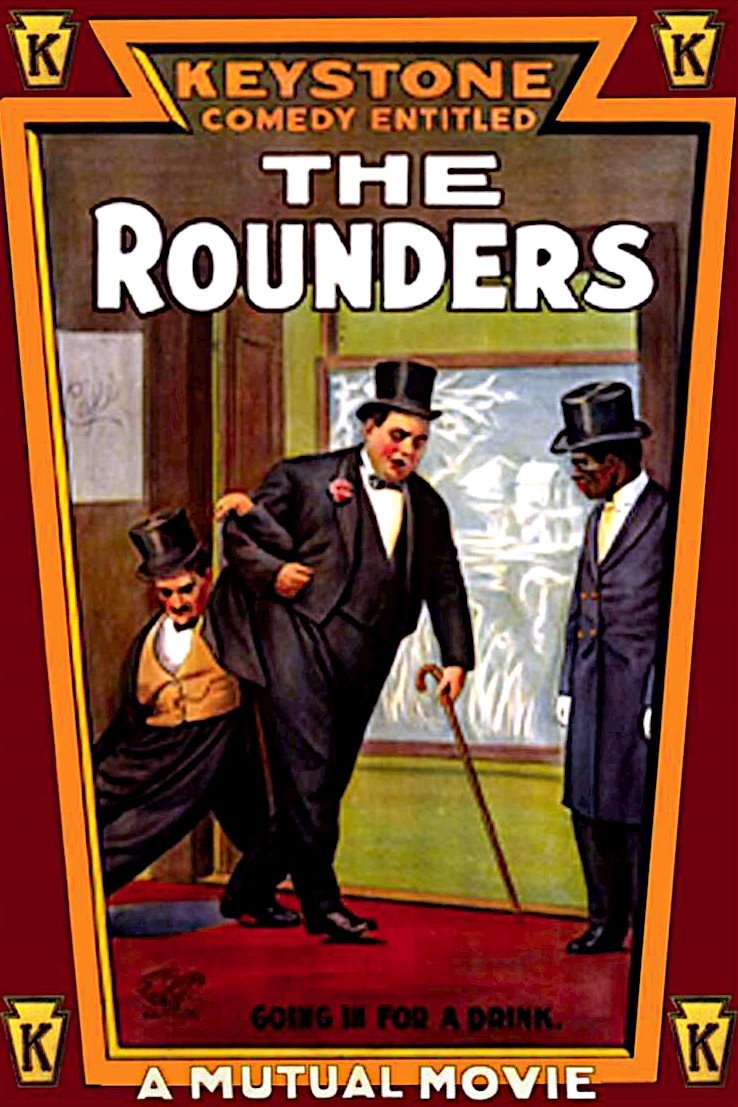
The Rounders
(Director of Photography)
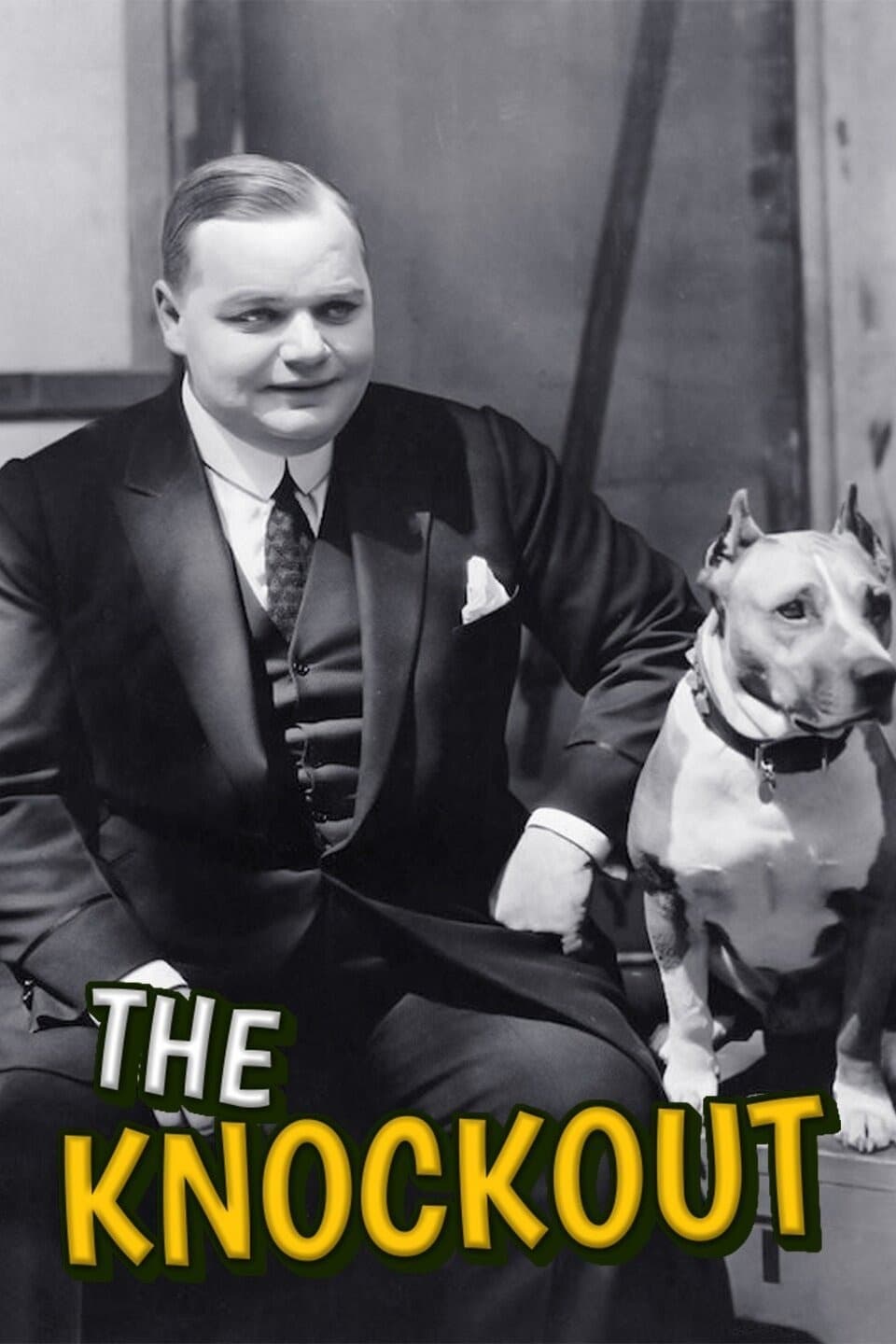
The Knockout
(Director of Photography)

Mabel's Married Life
(Director of Photography)
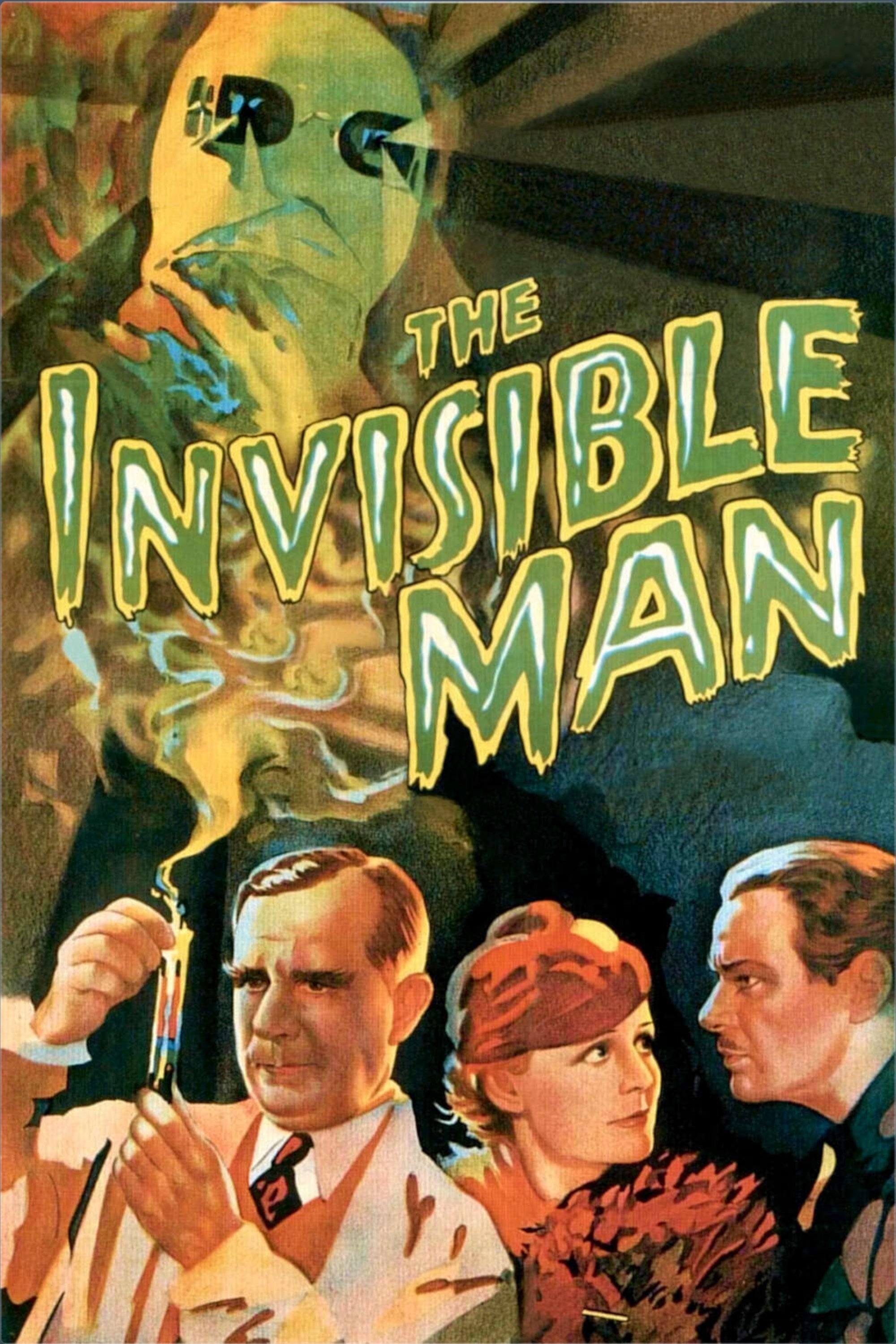
The Invisible Man
(Visual Effects Supervisor)

Secret Strings
(Cinematography)
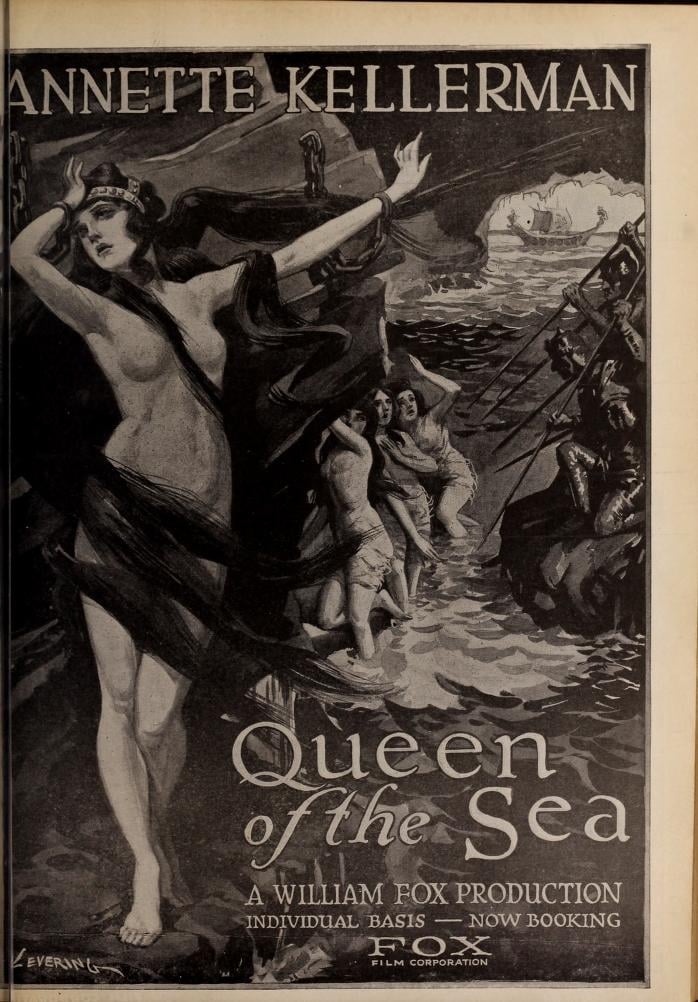
Queen of the Sea
(Director of Photography)
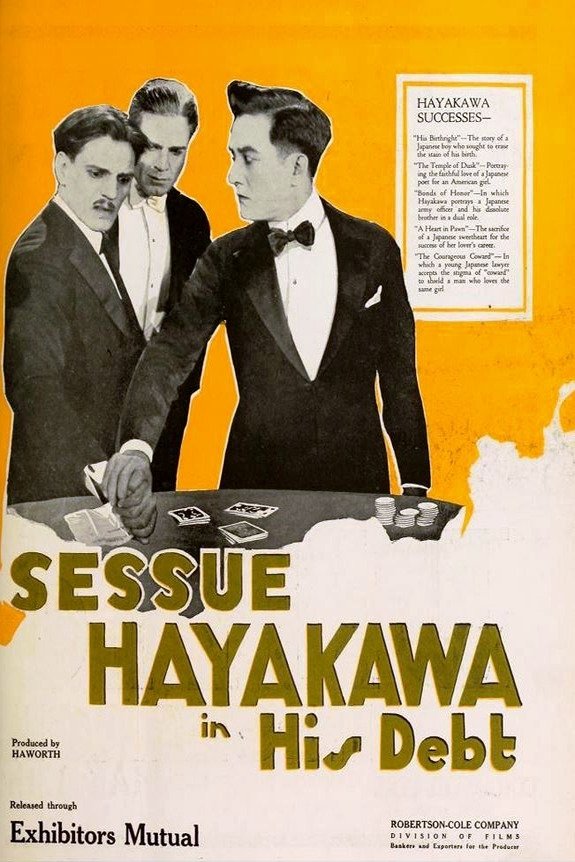
His Debt
(Cinematography)
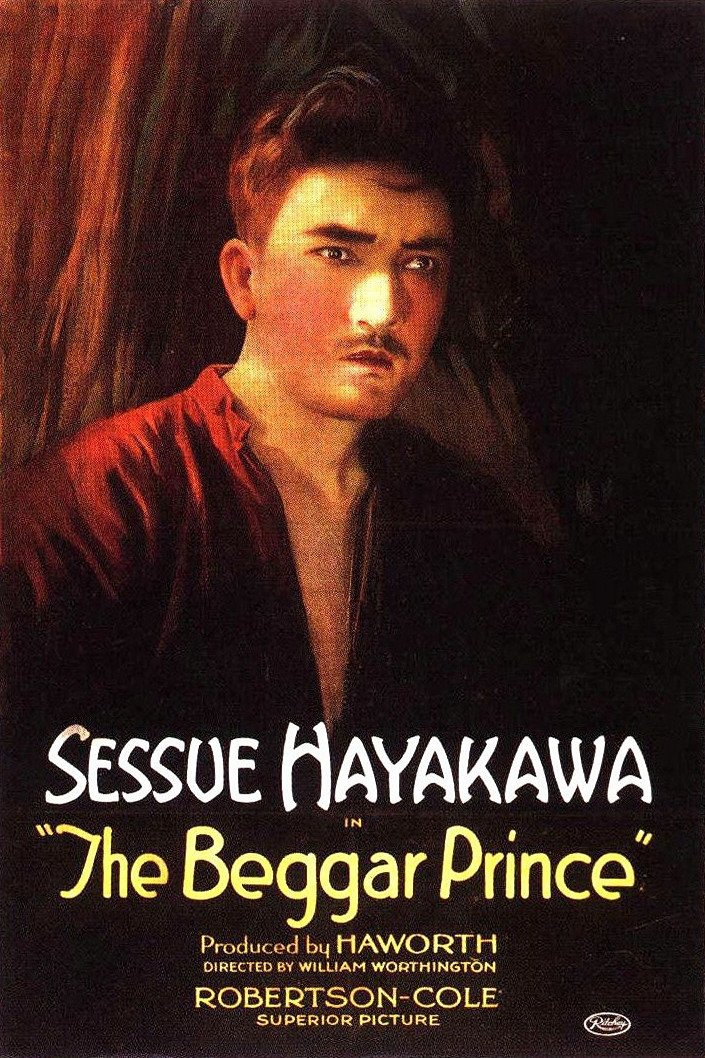
The Beggar Prince
(Cinematography)
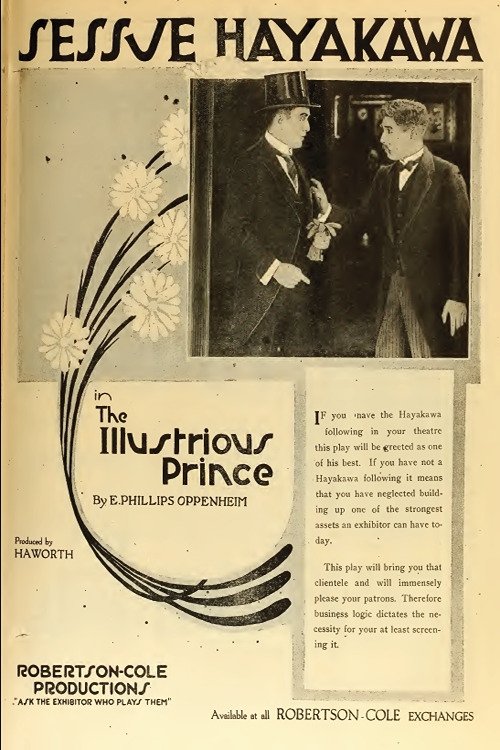
The Illustrious Prince
(Cinematography)
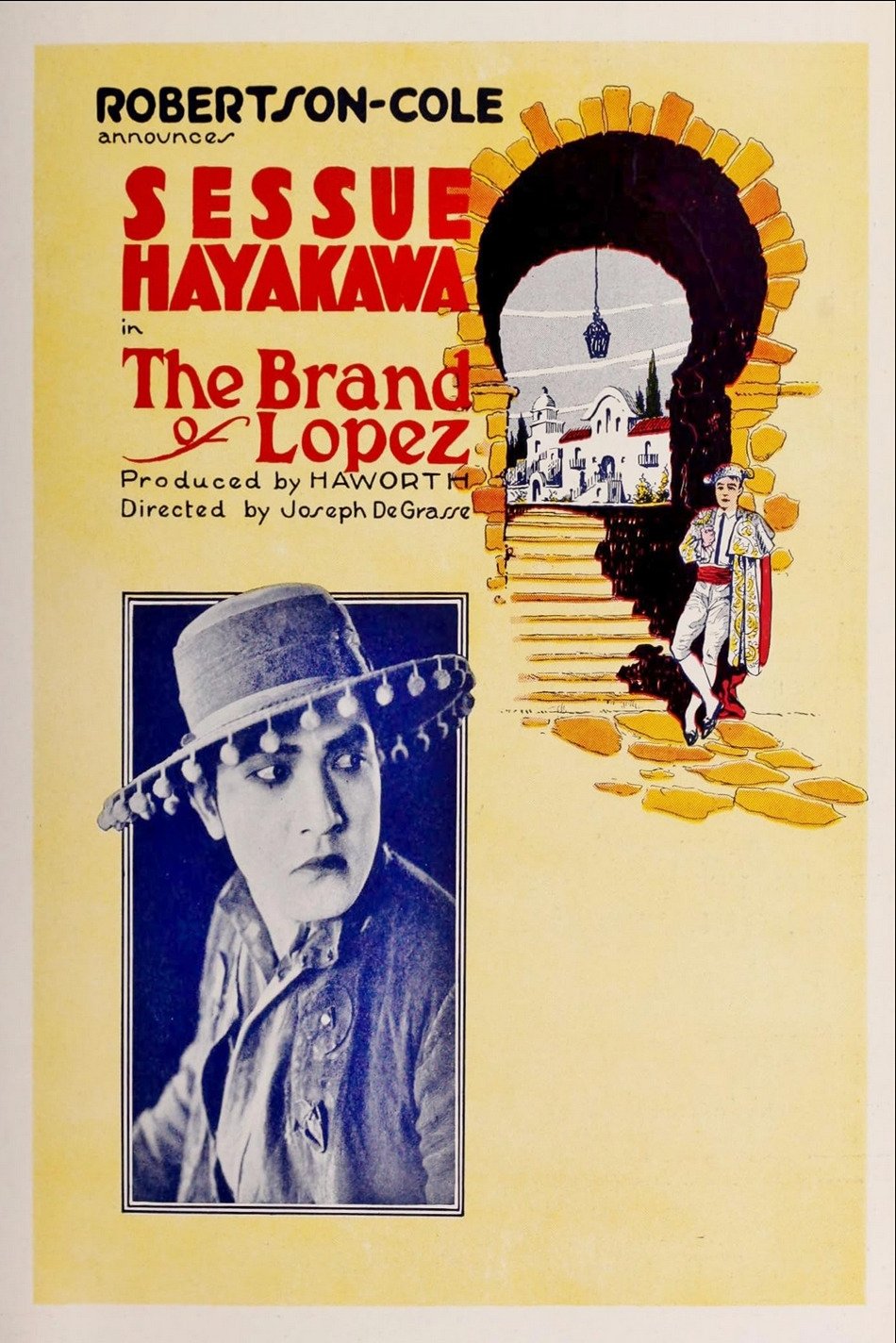
The Brand of Lopez
(Cinematography)